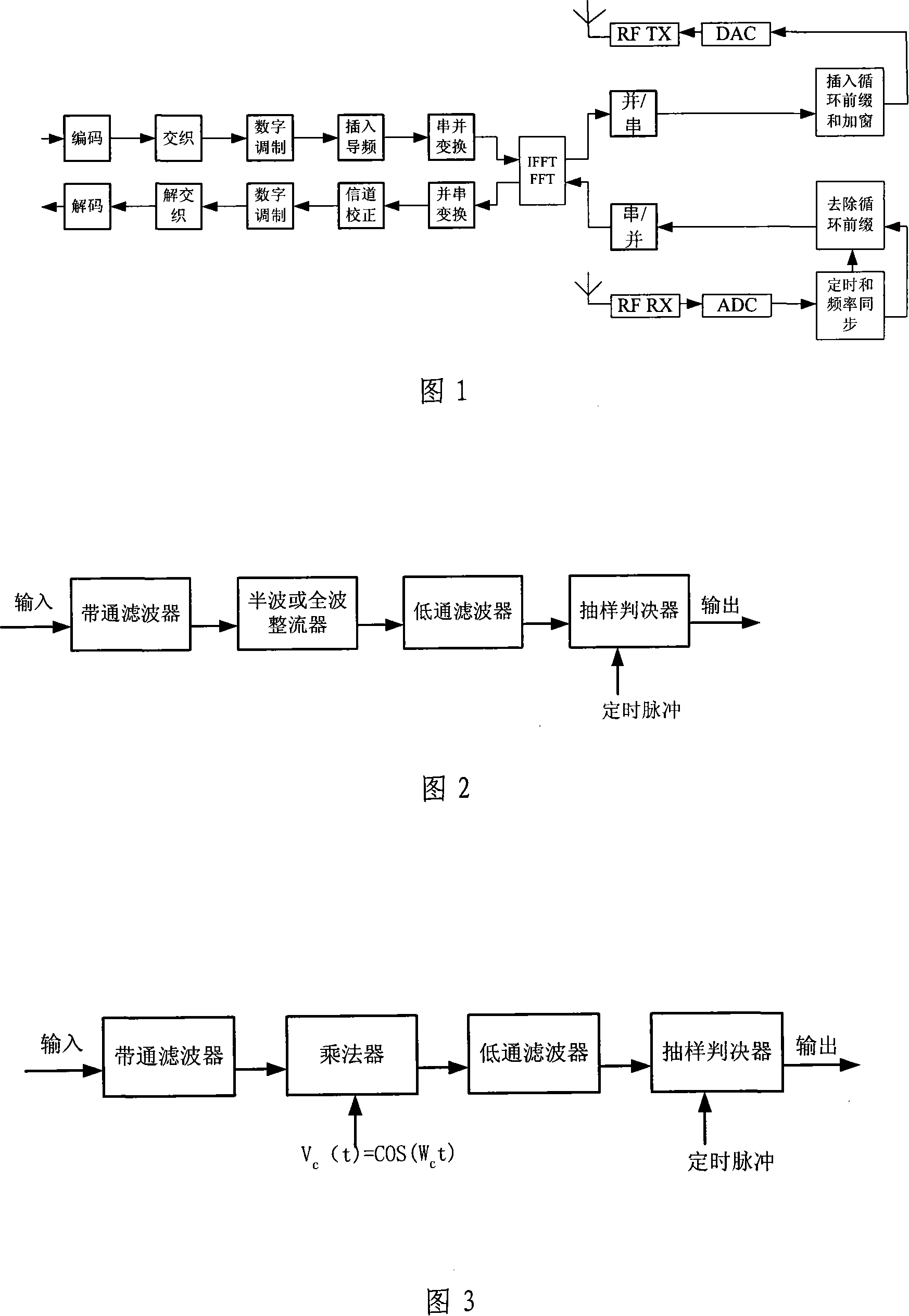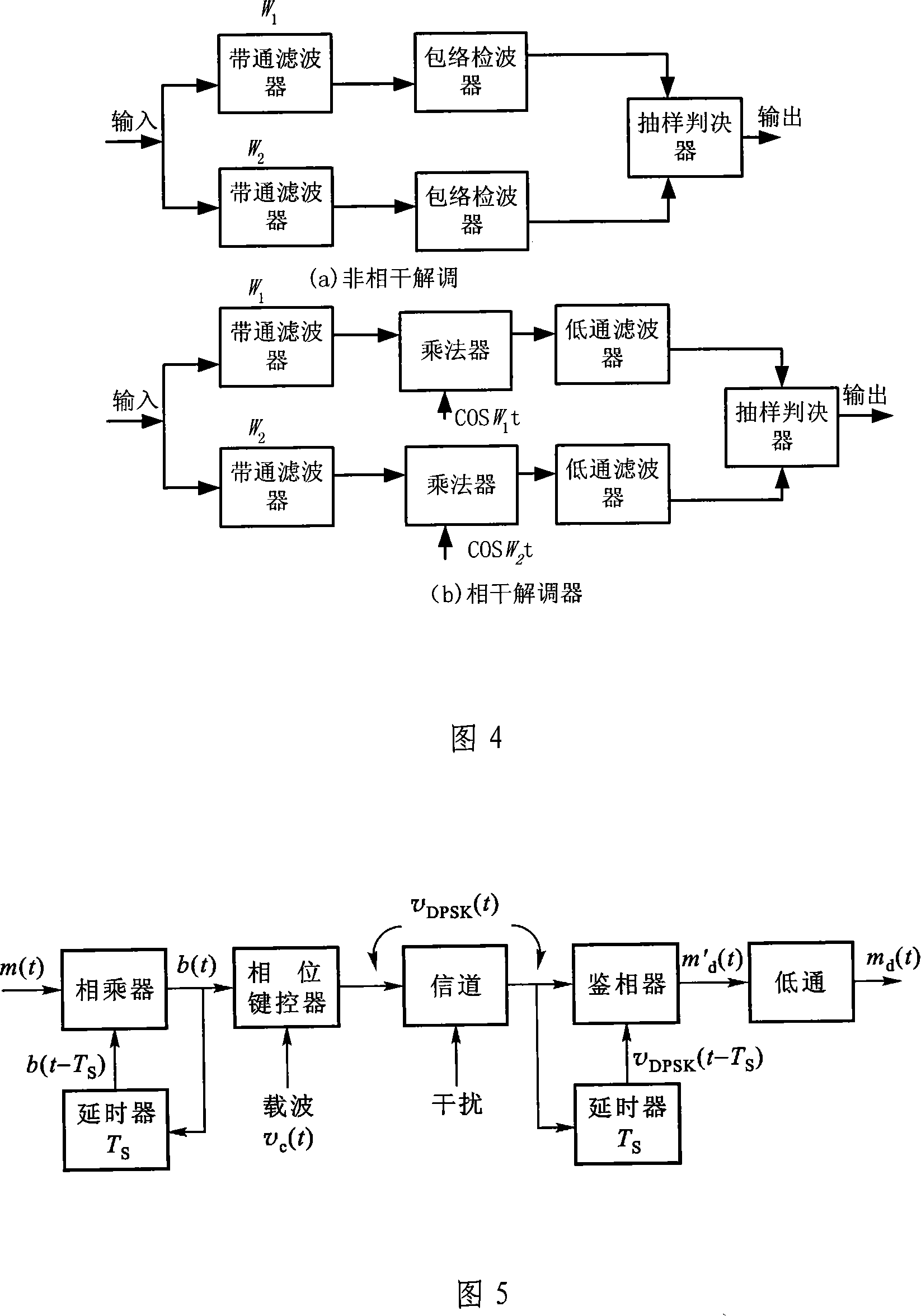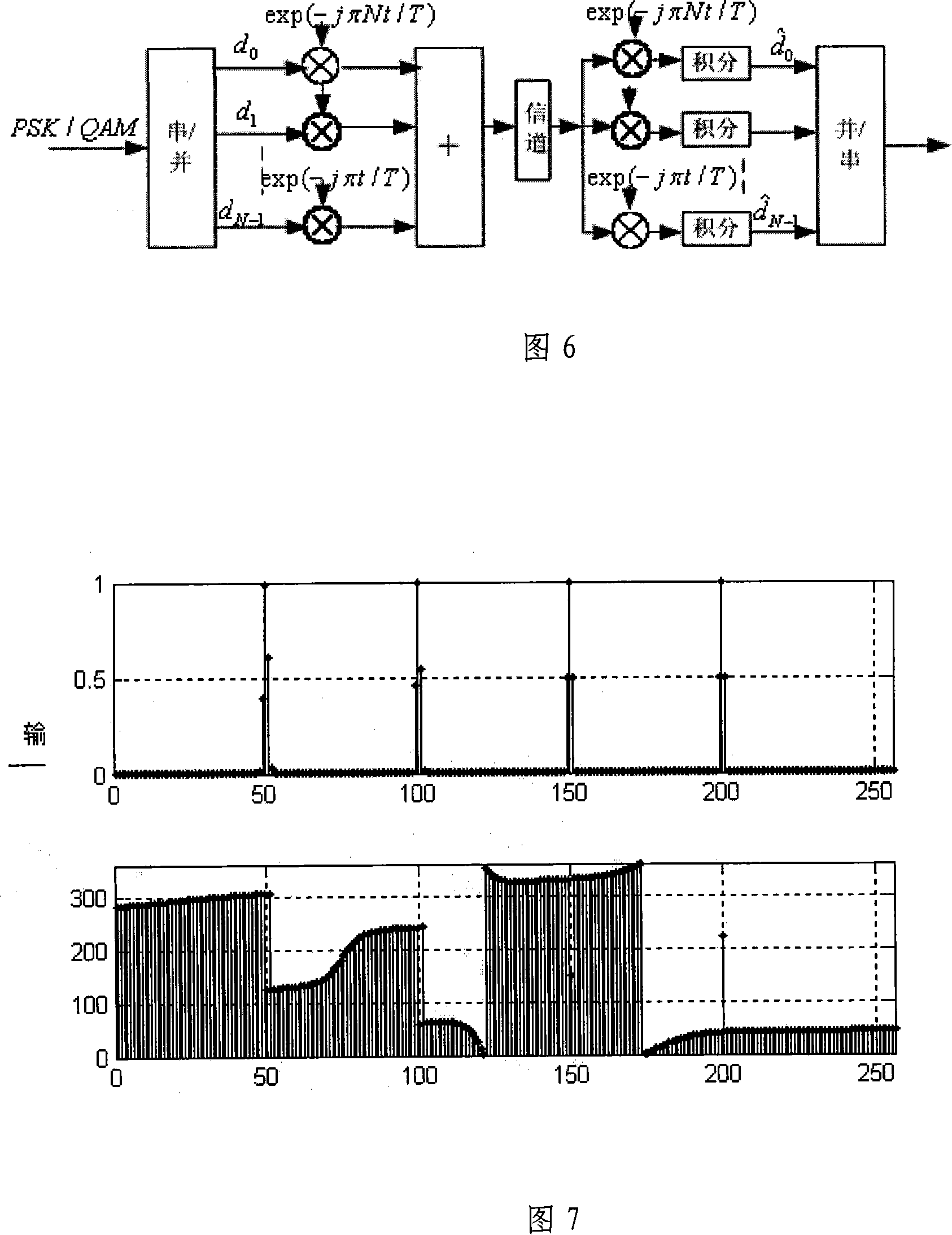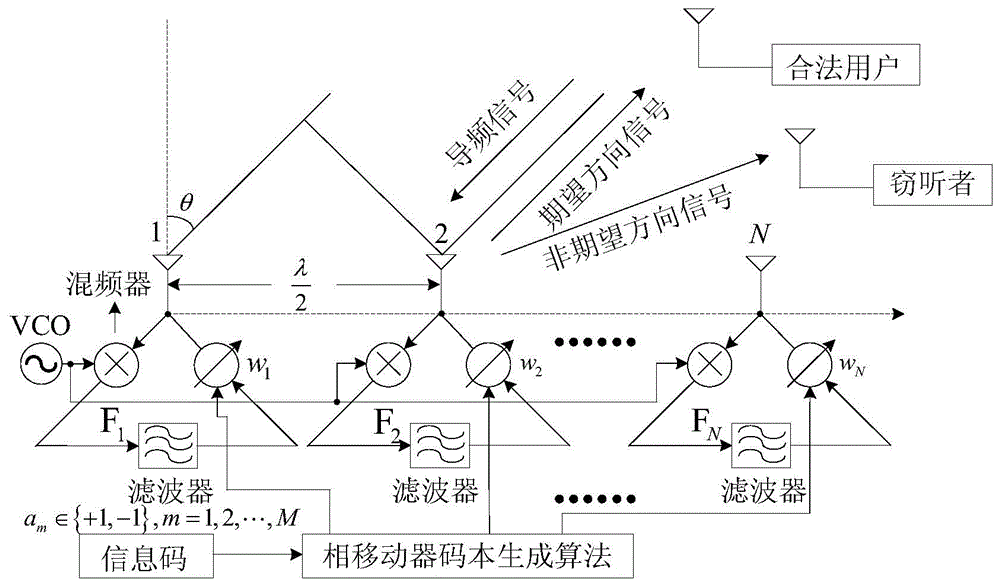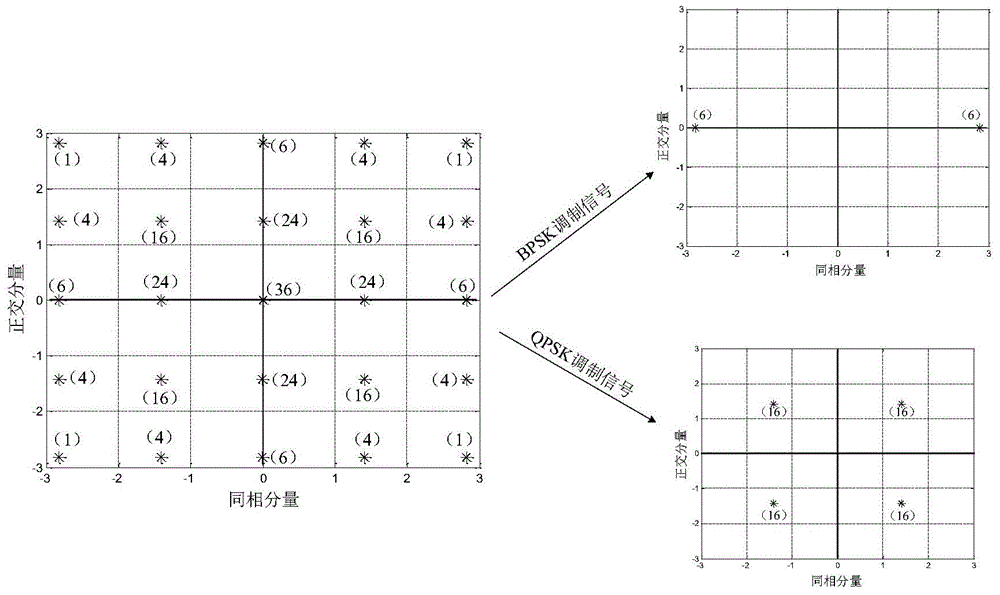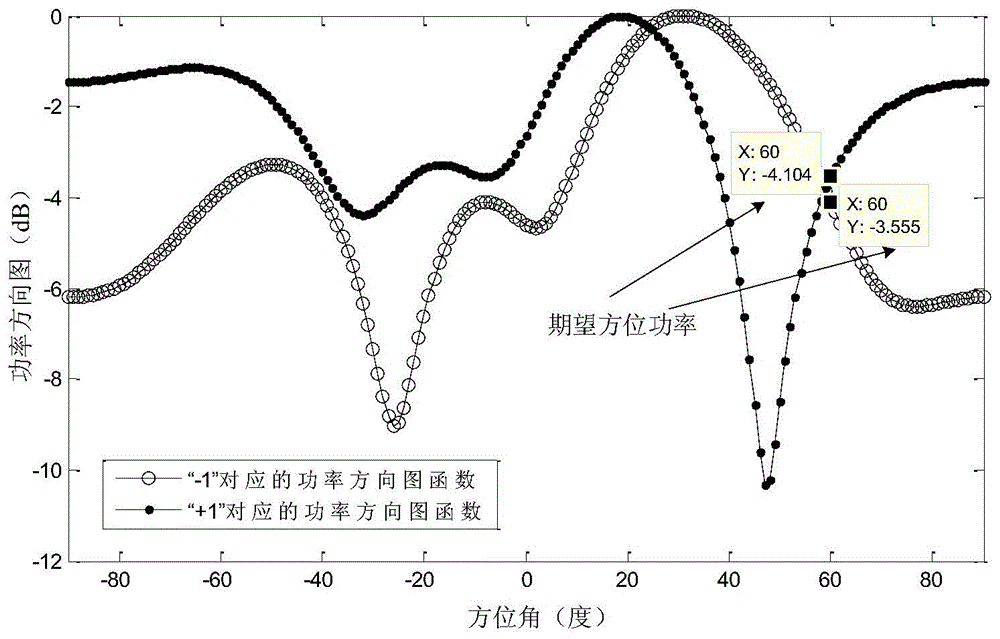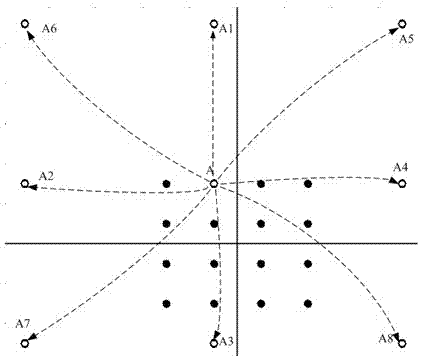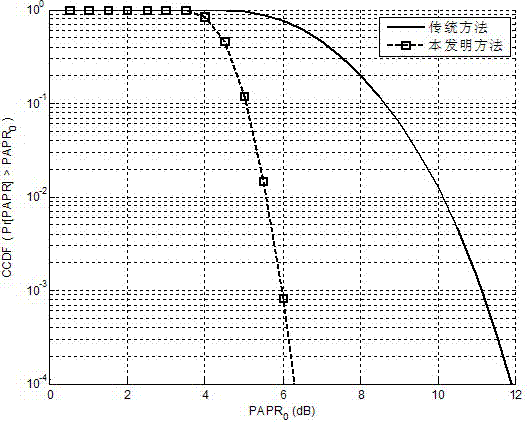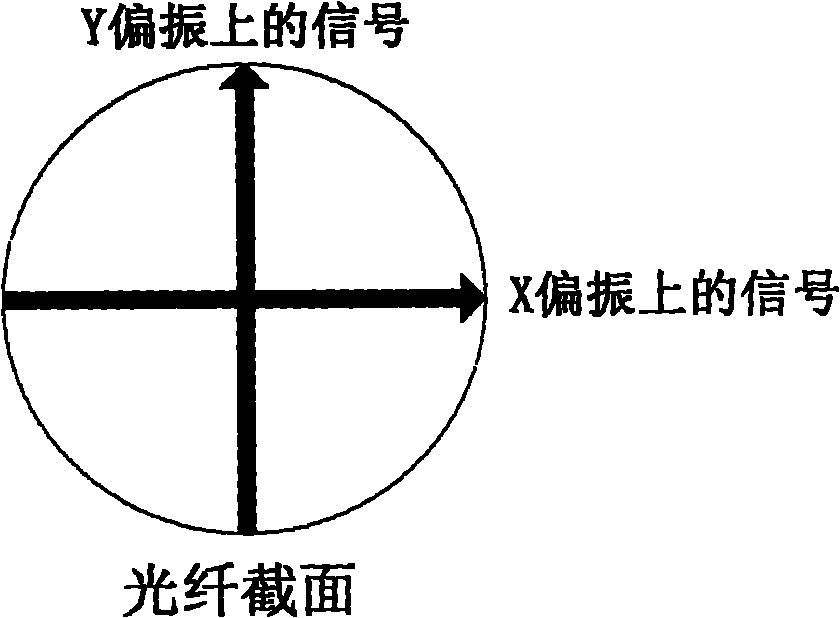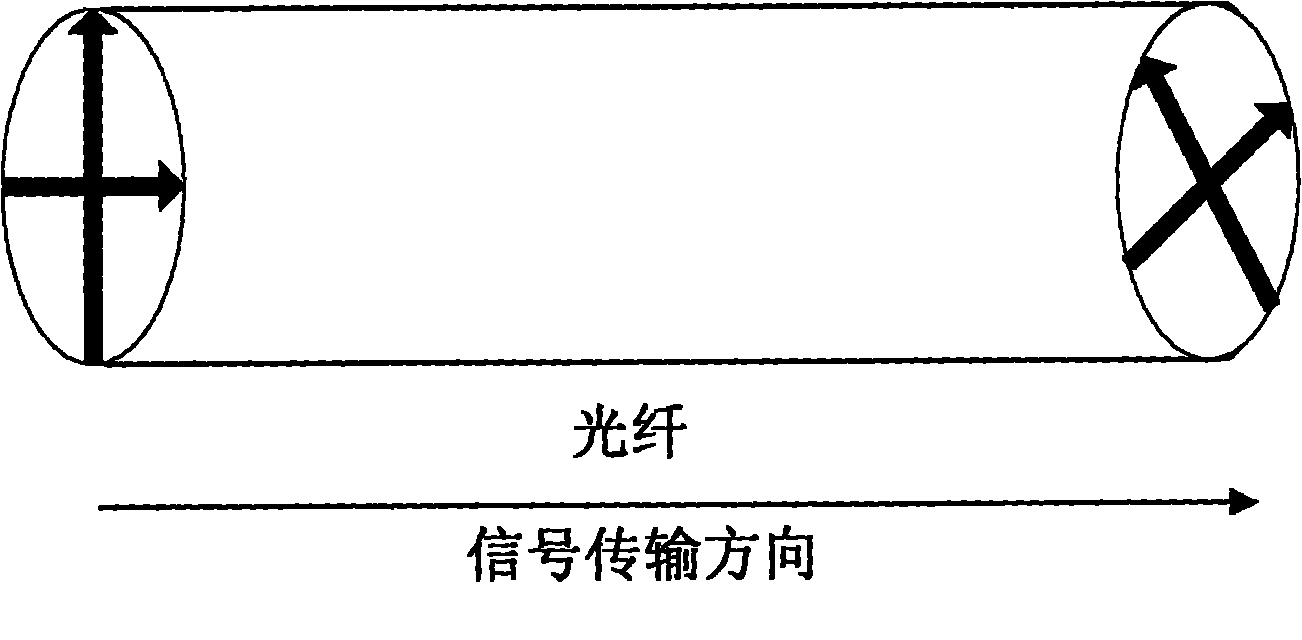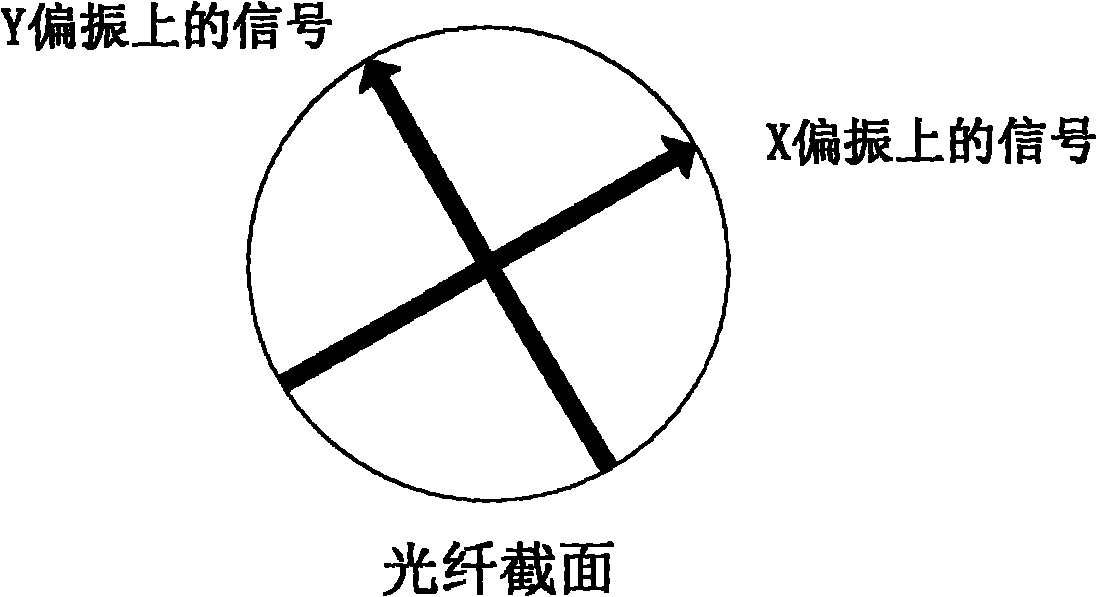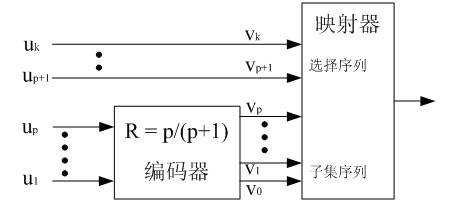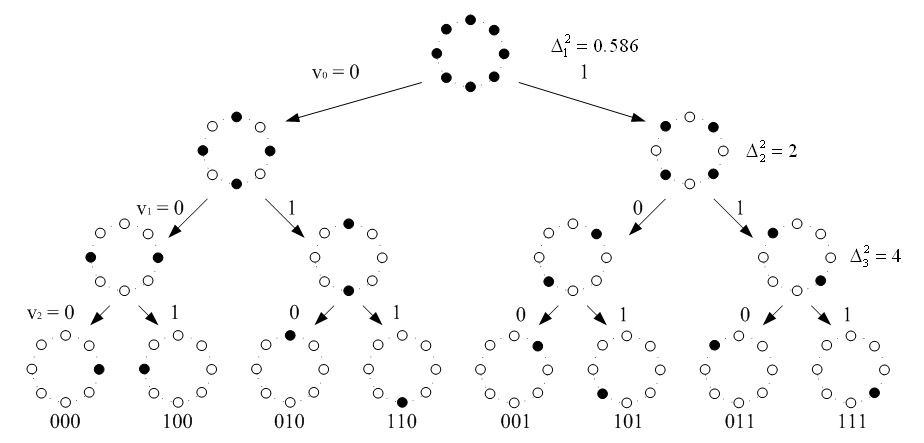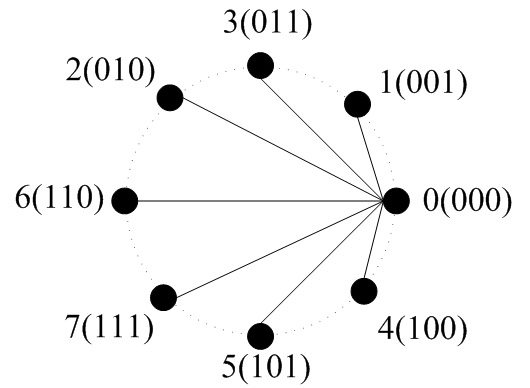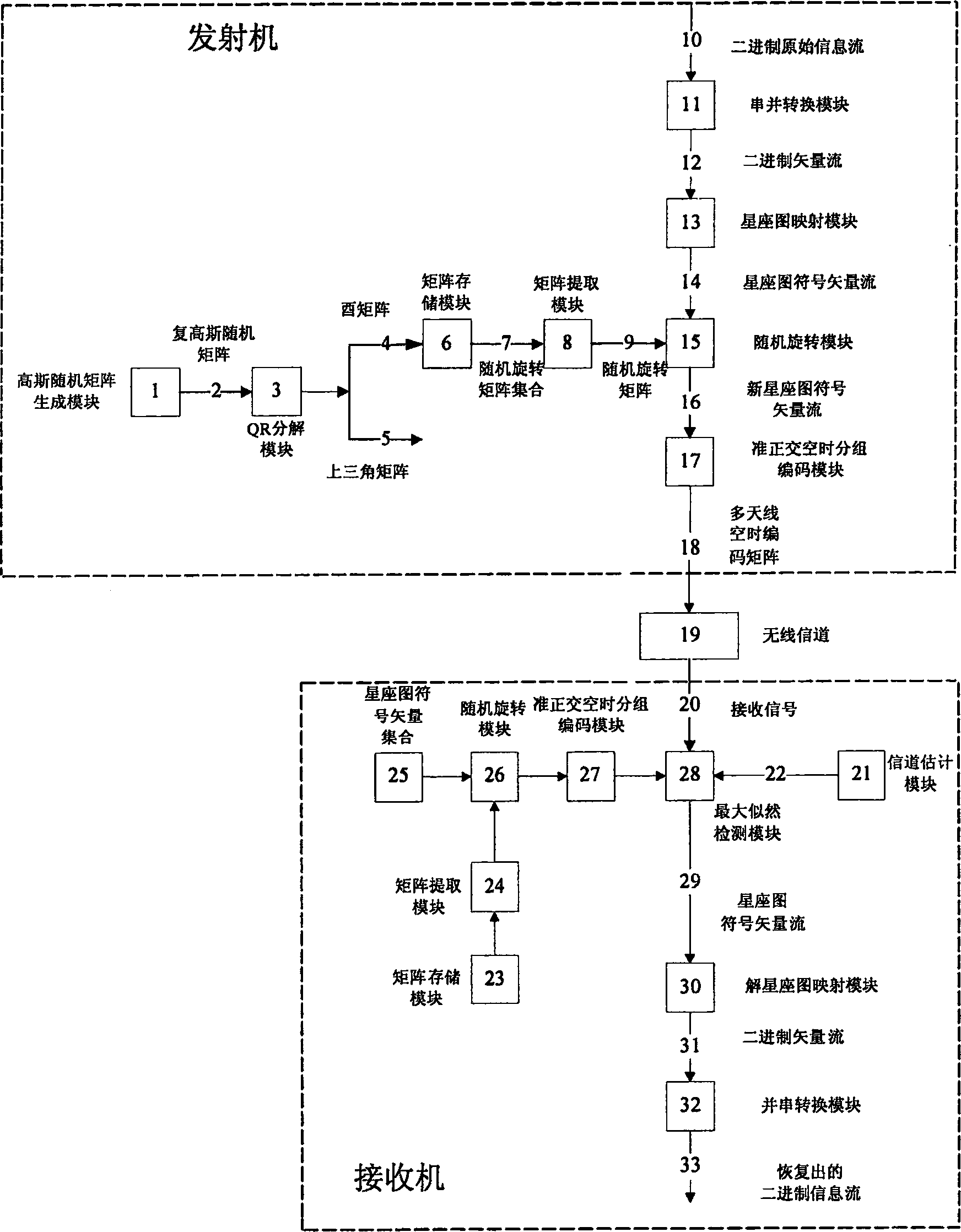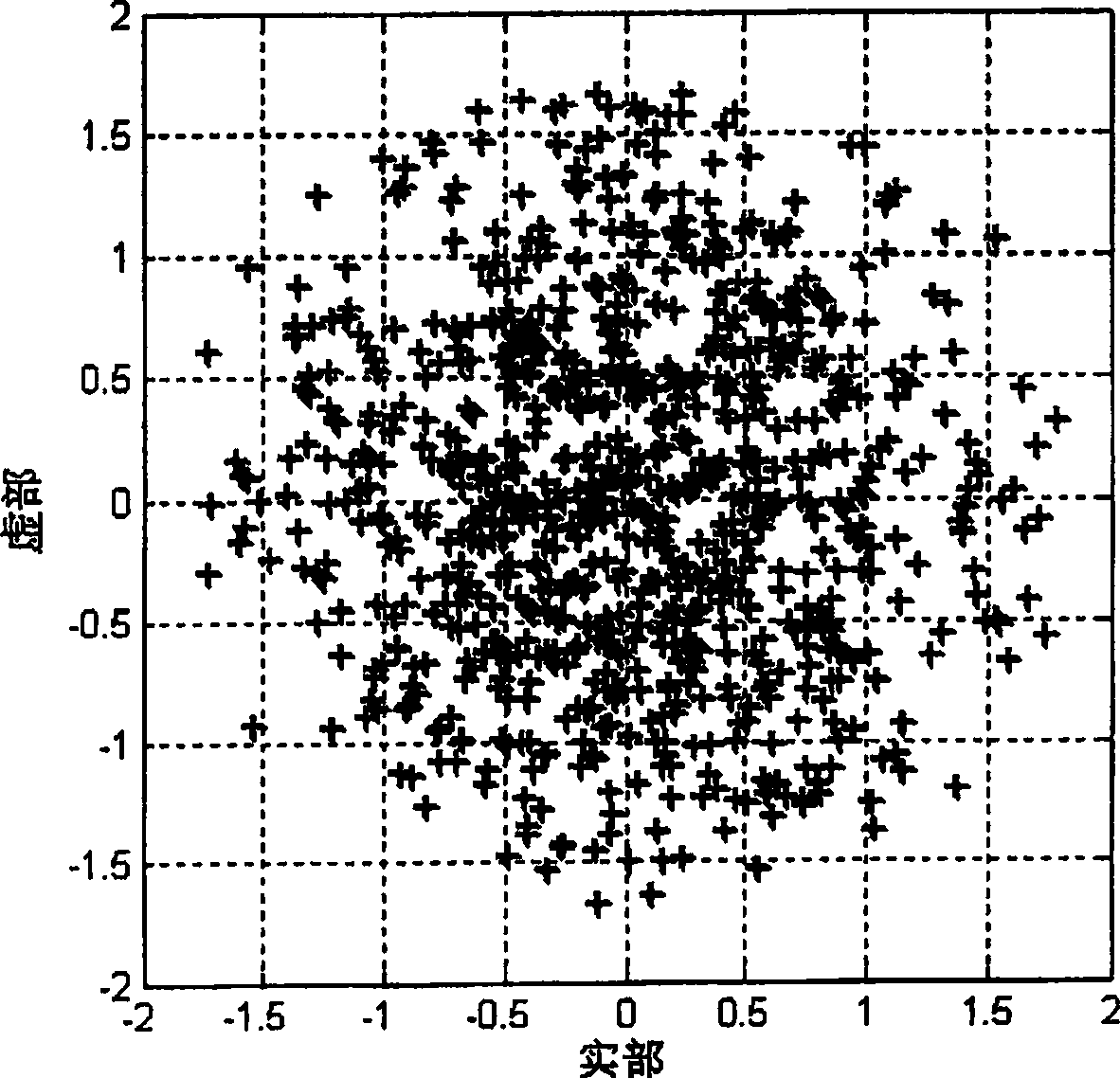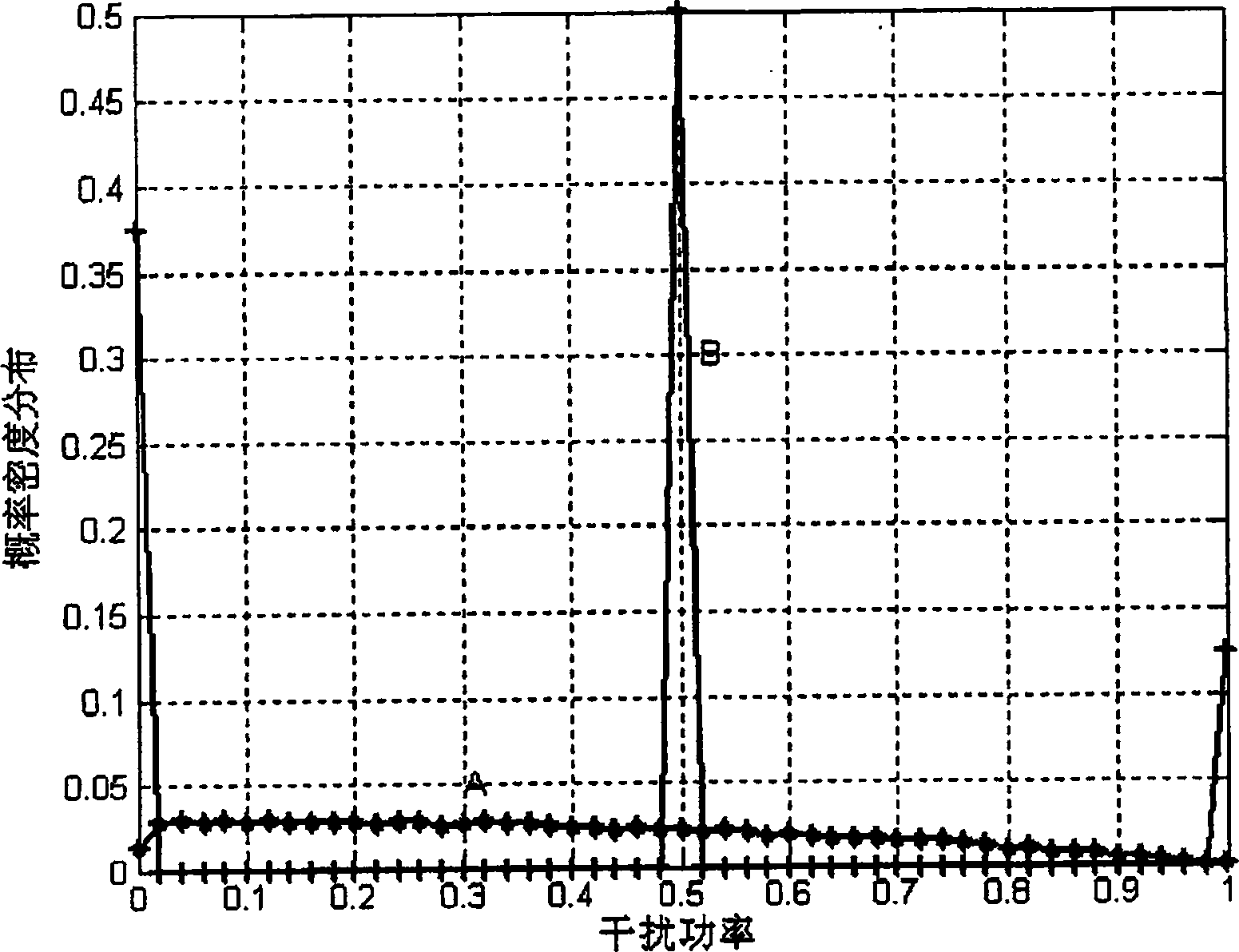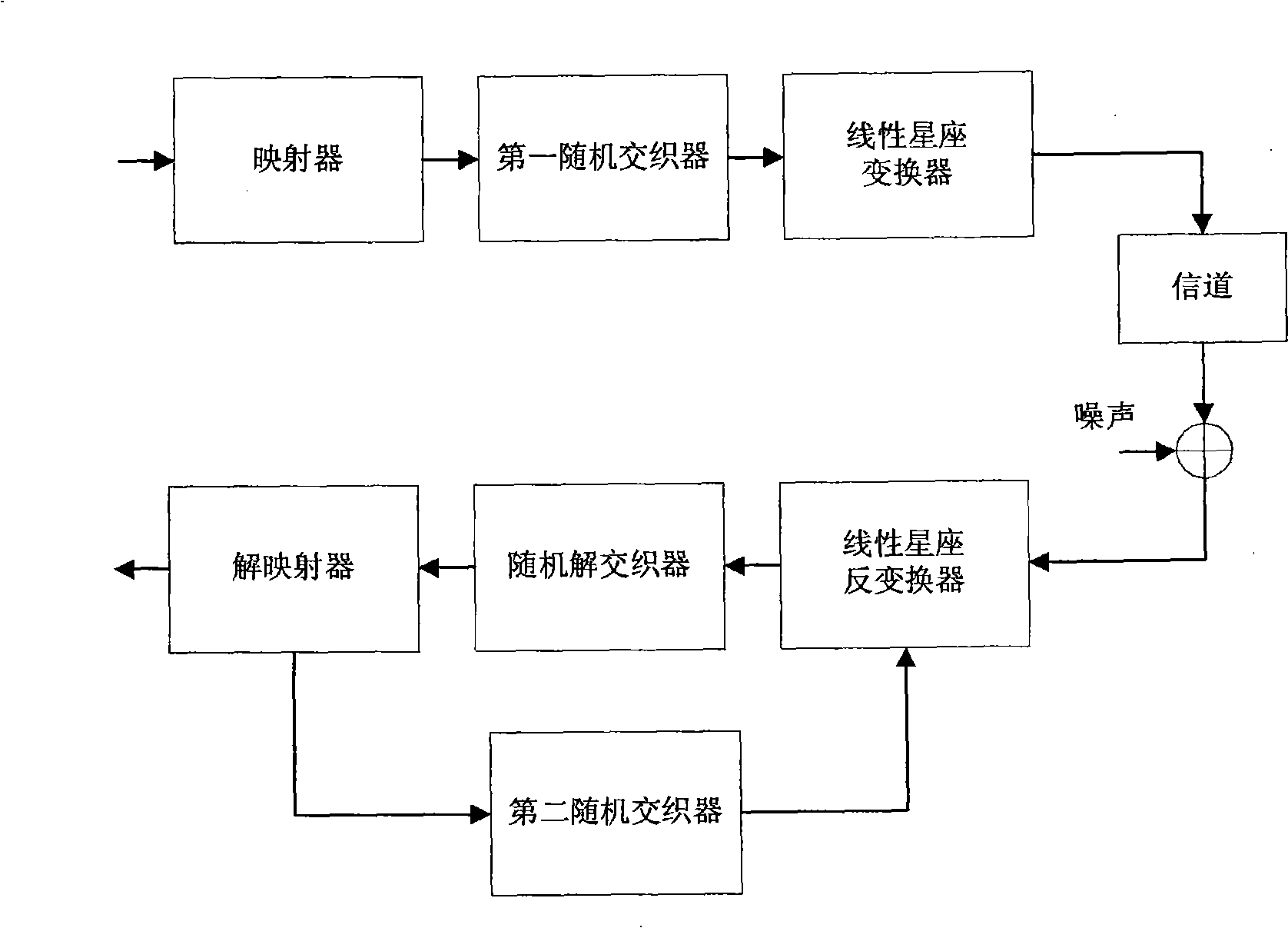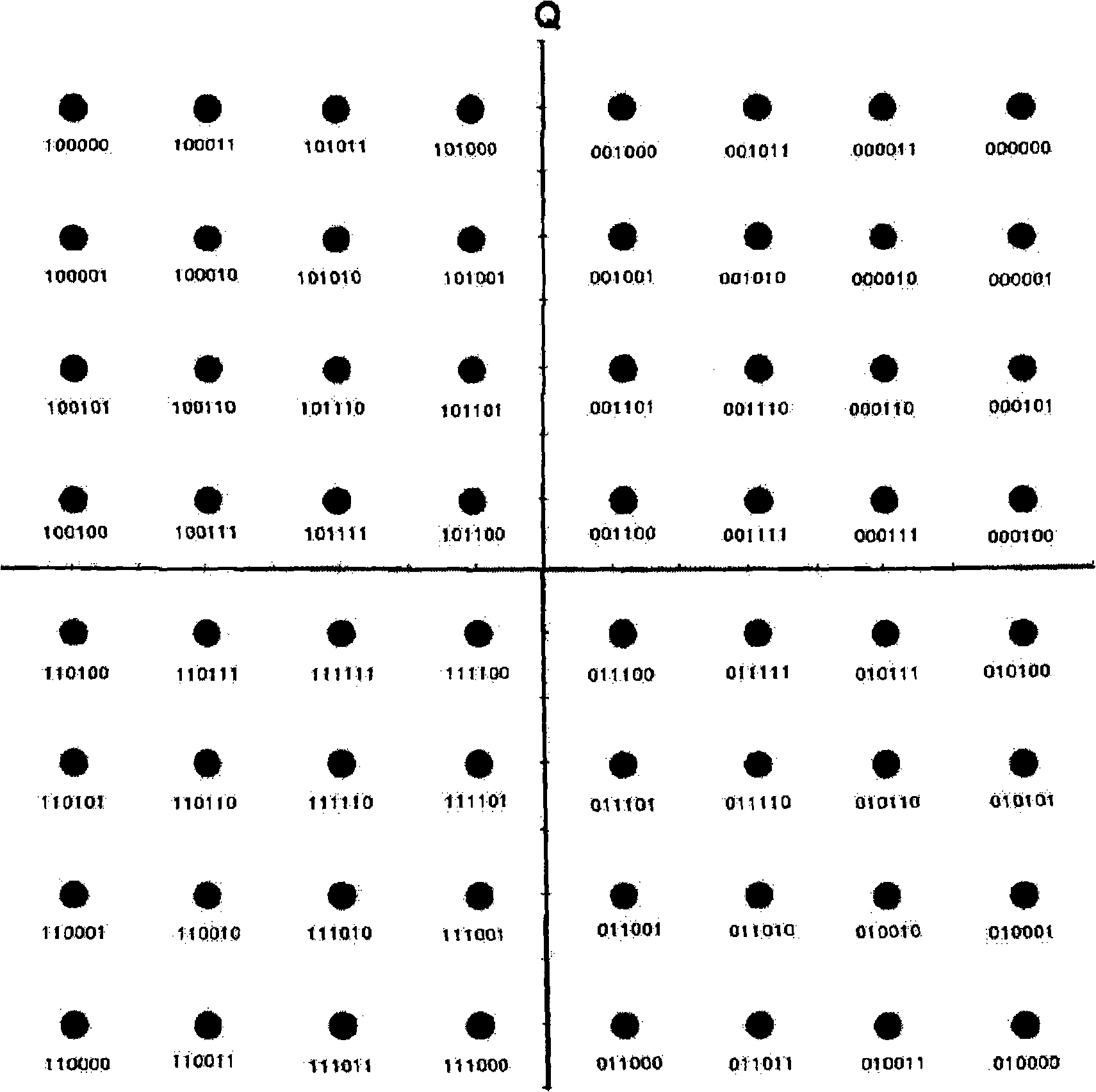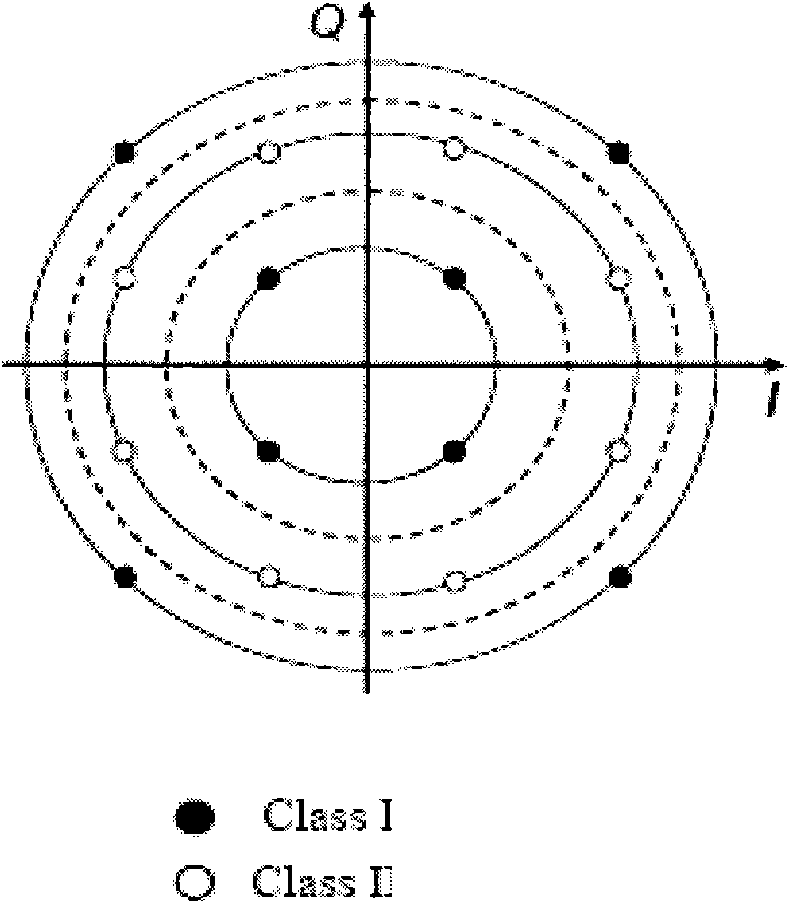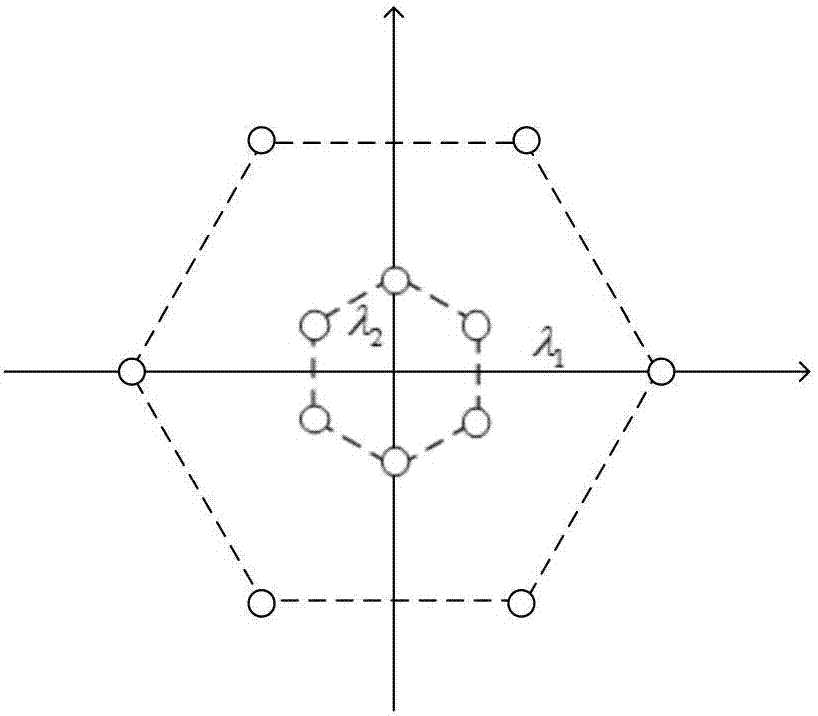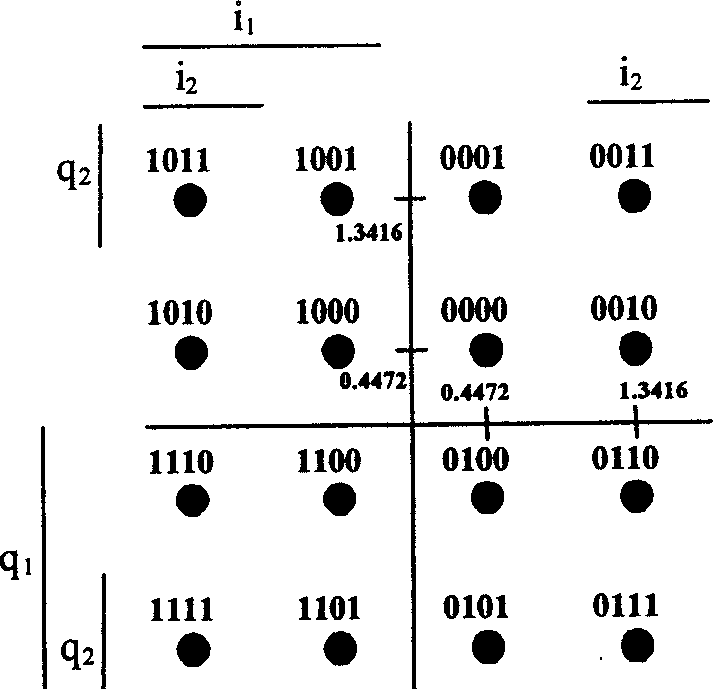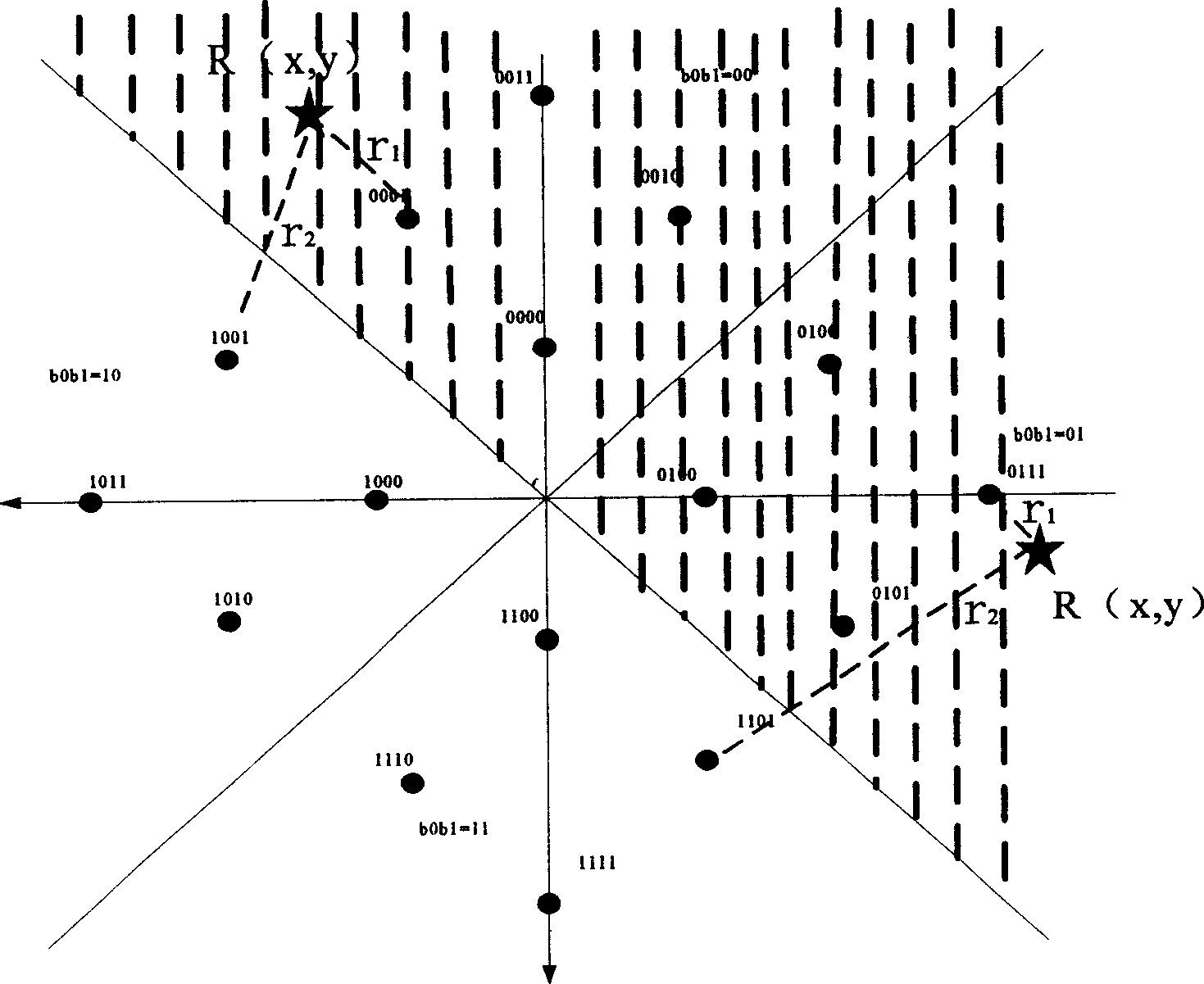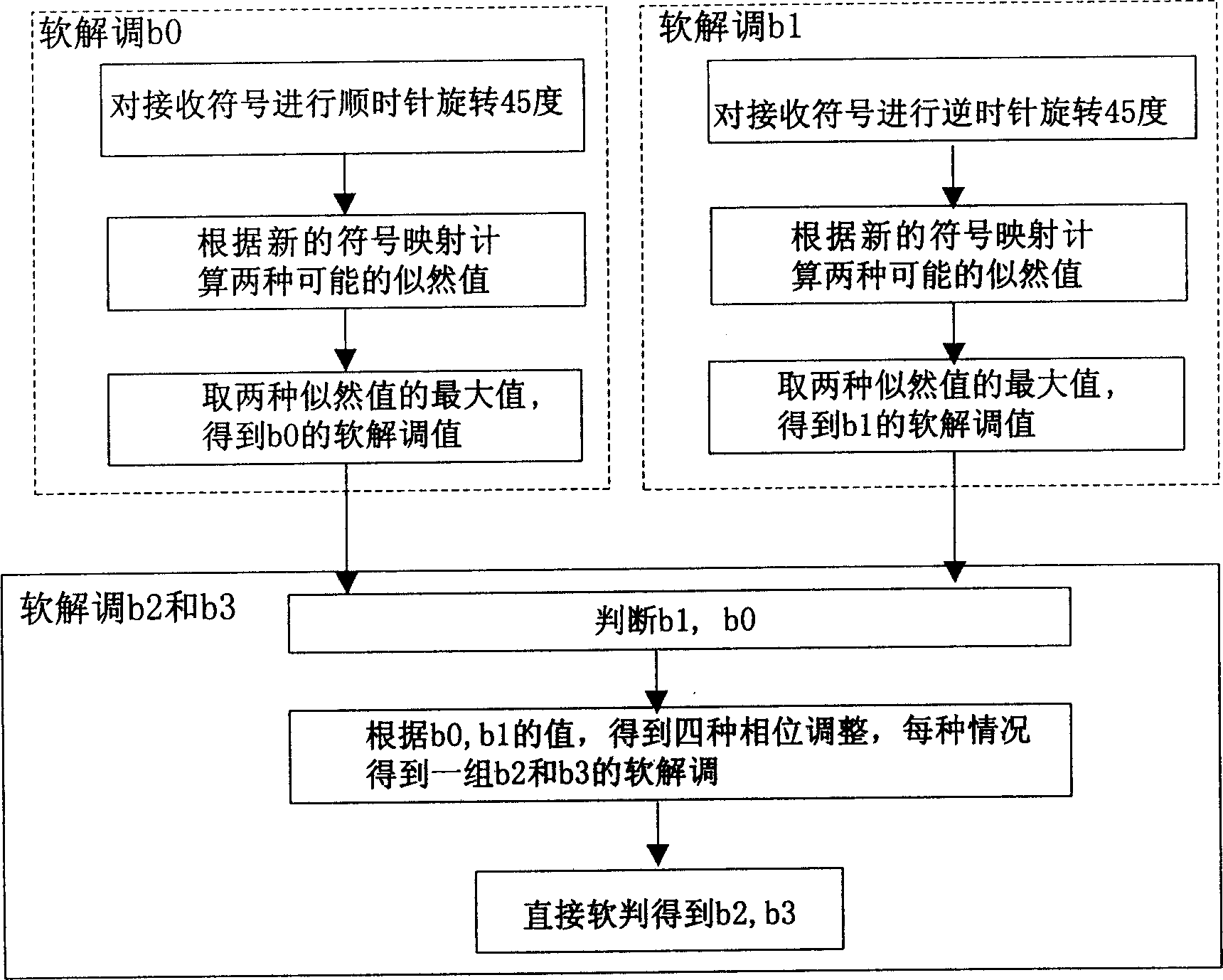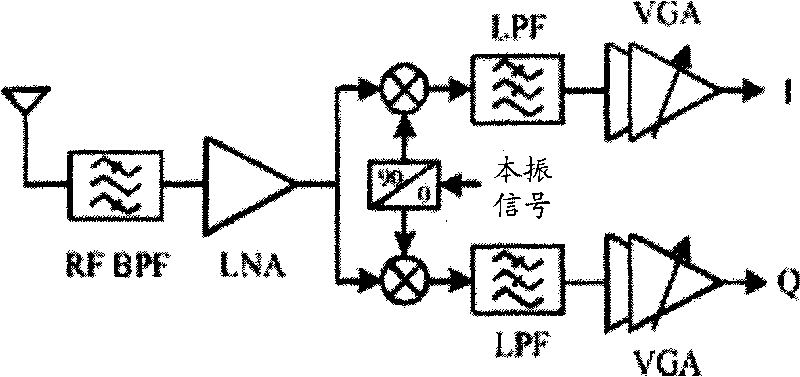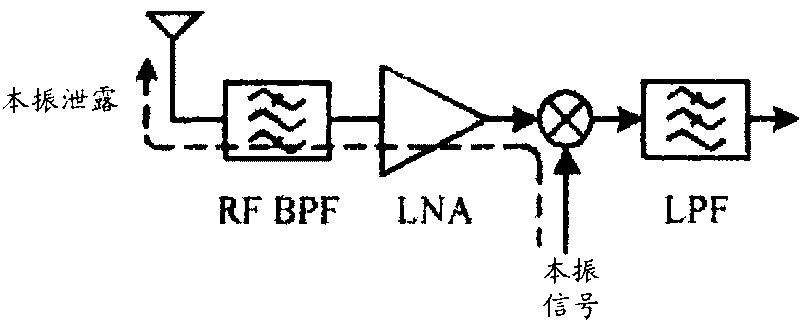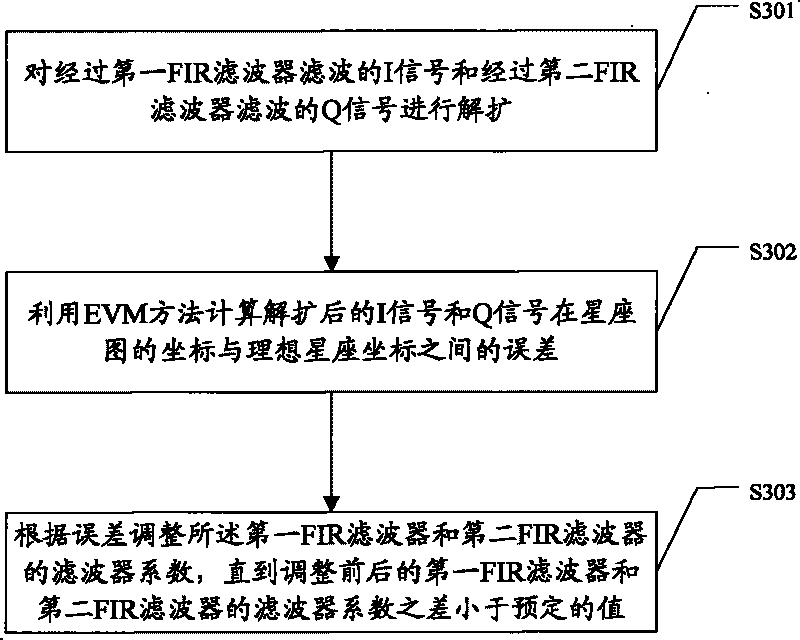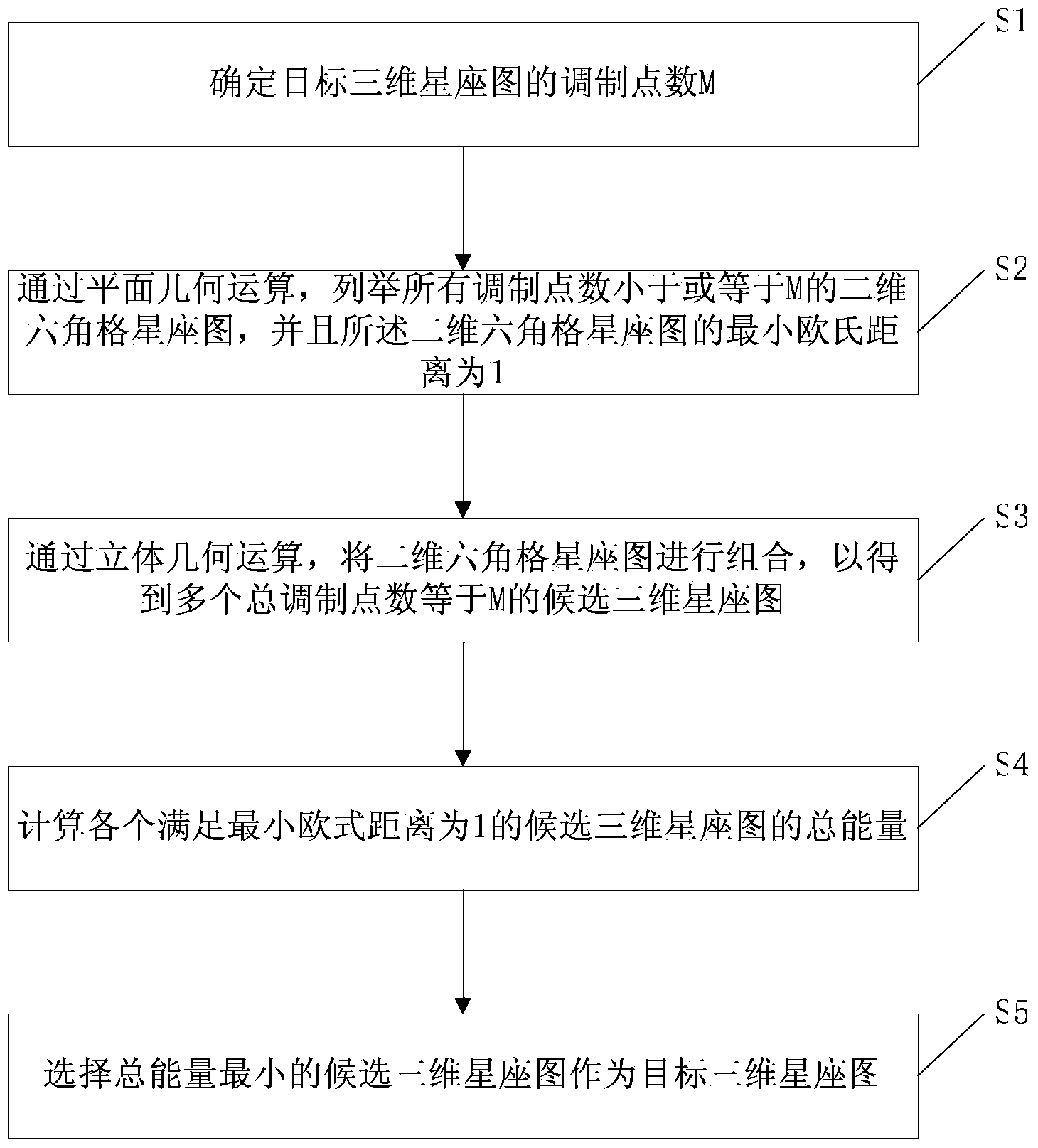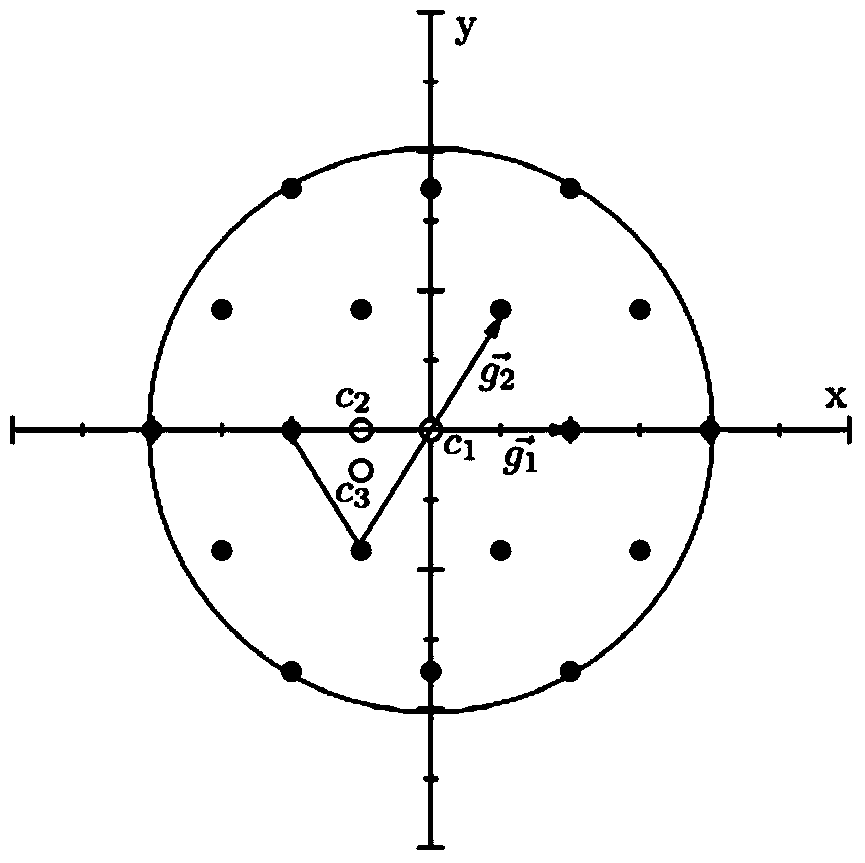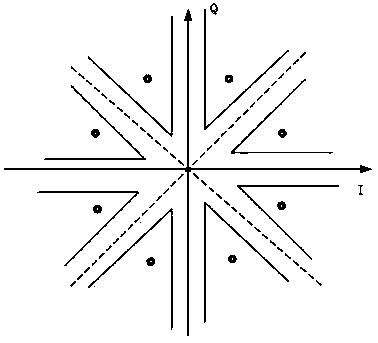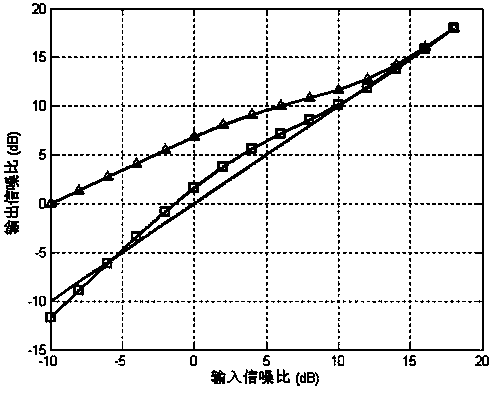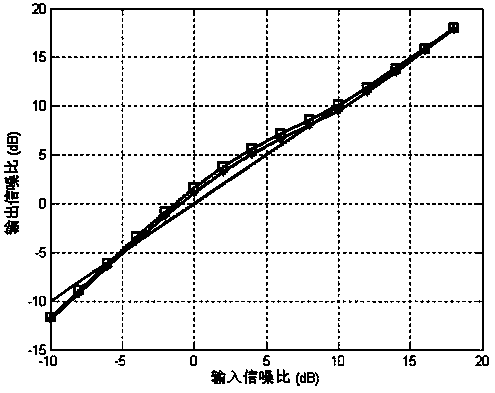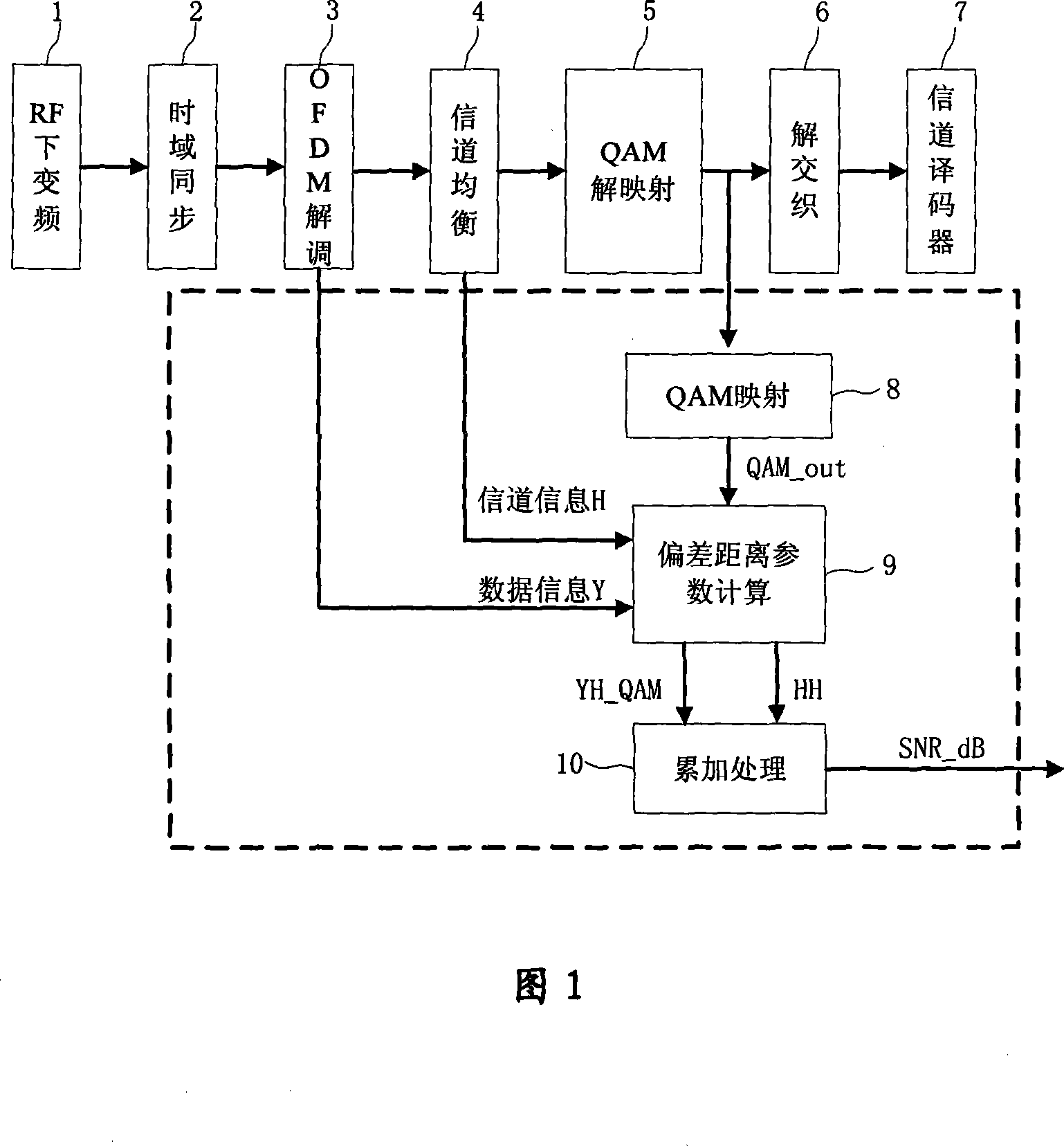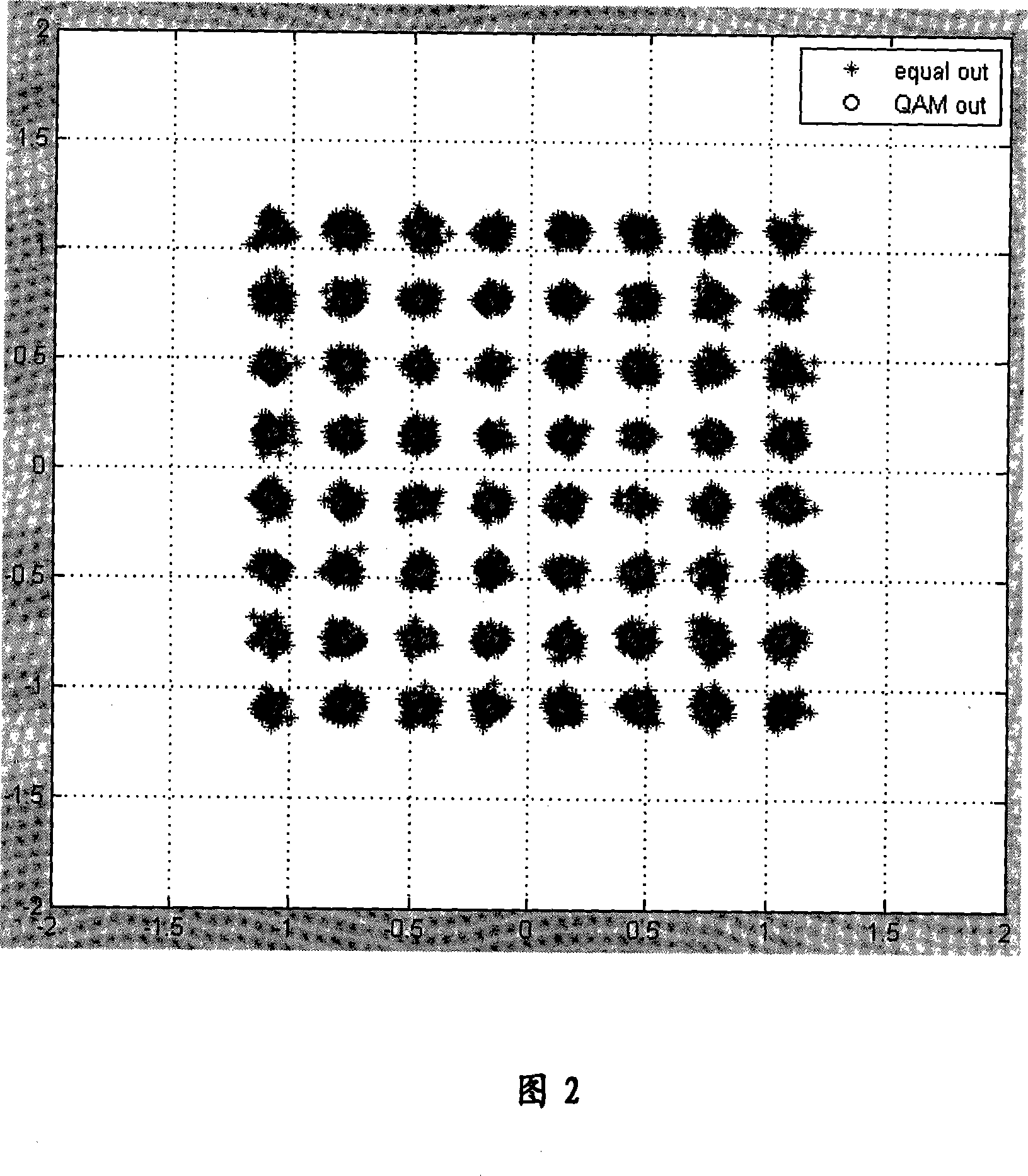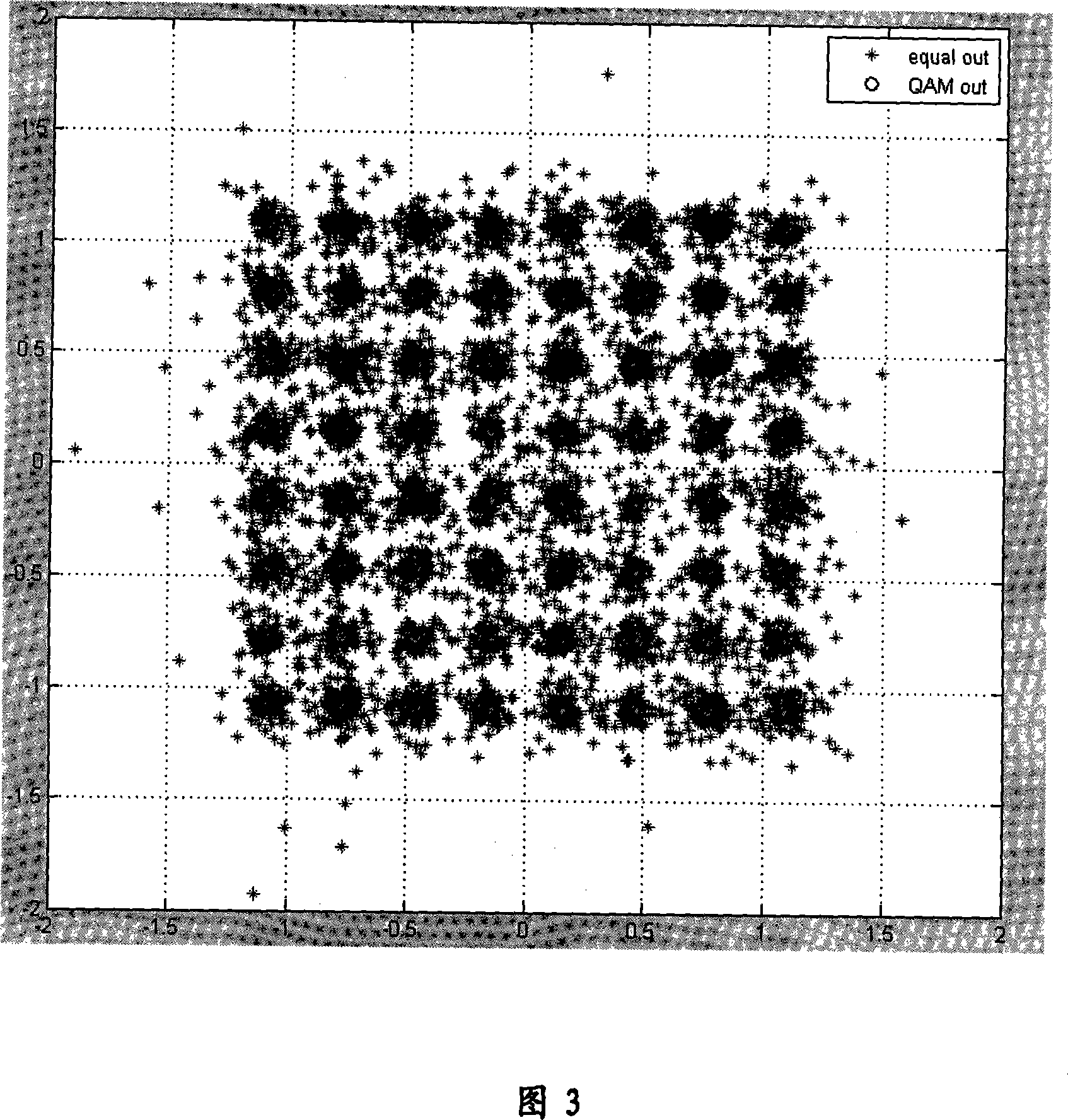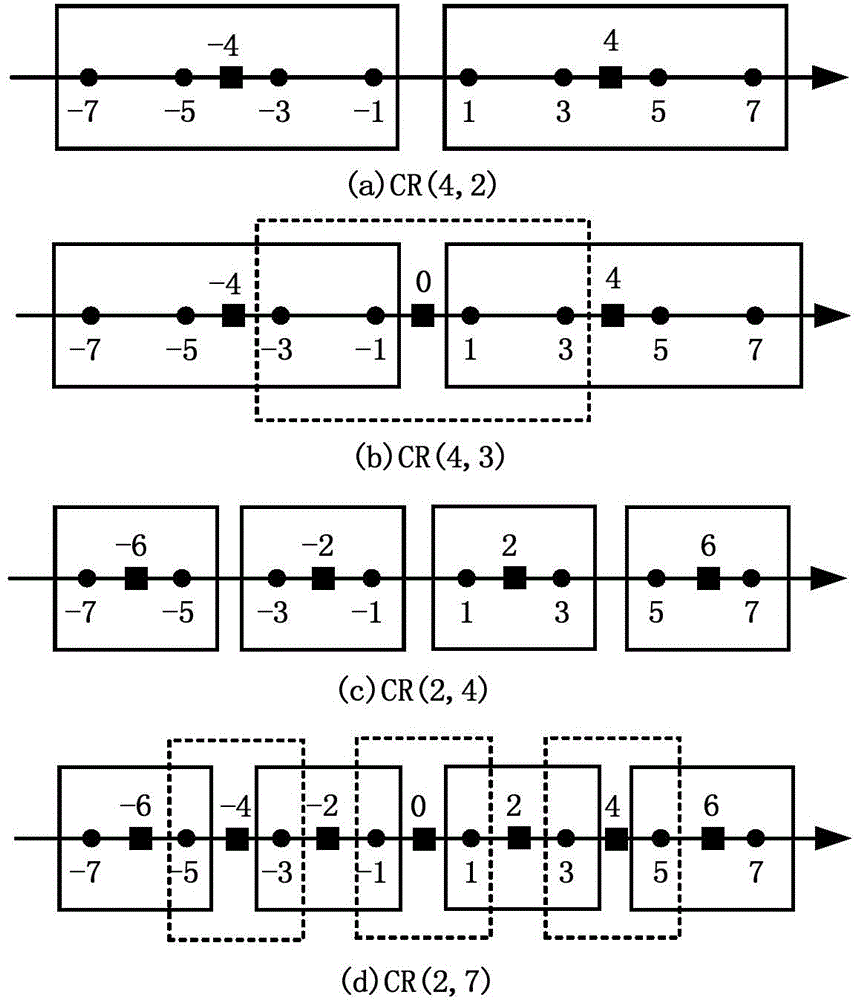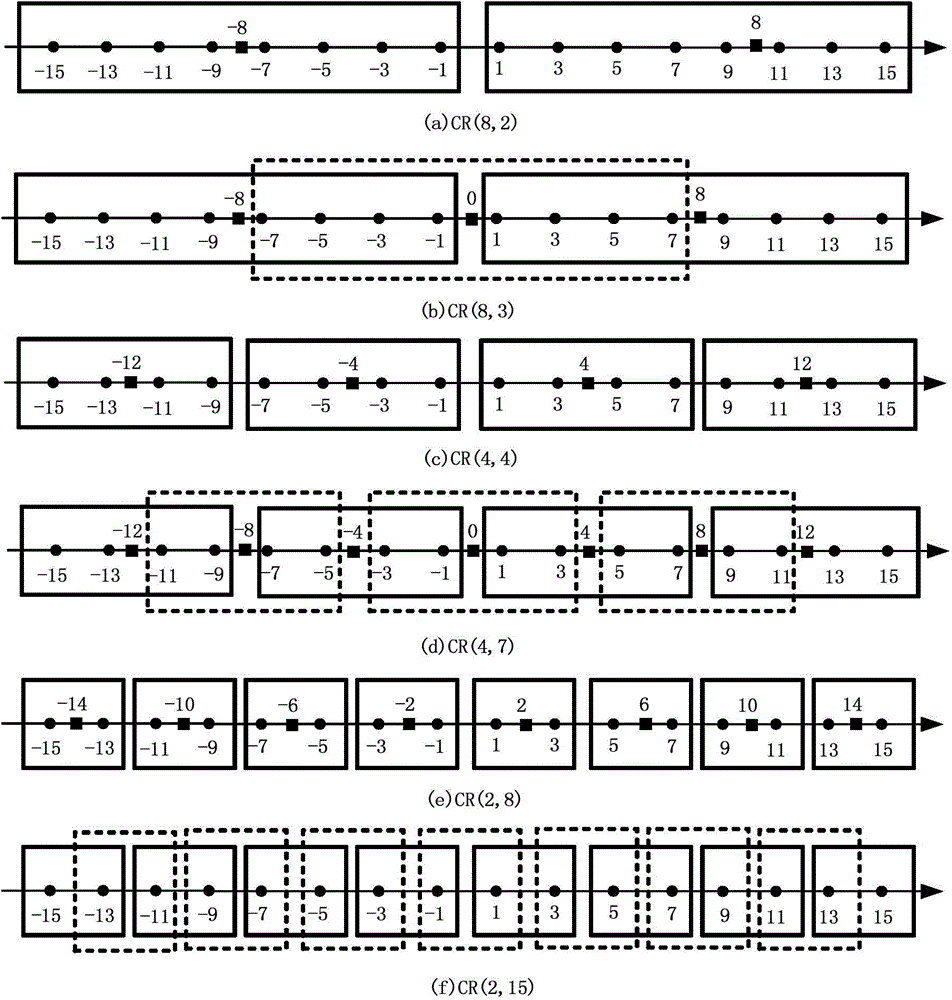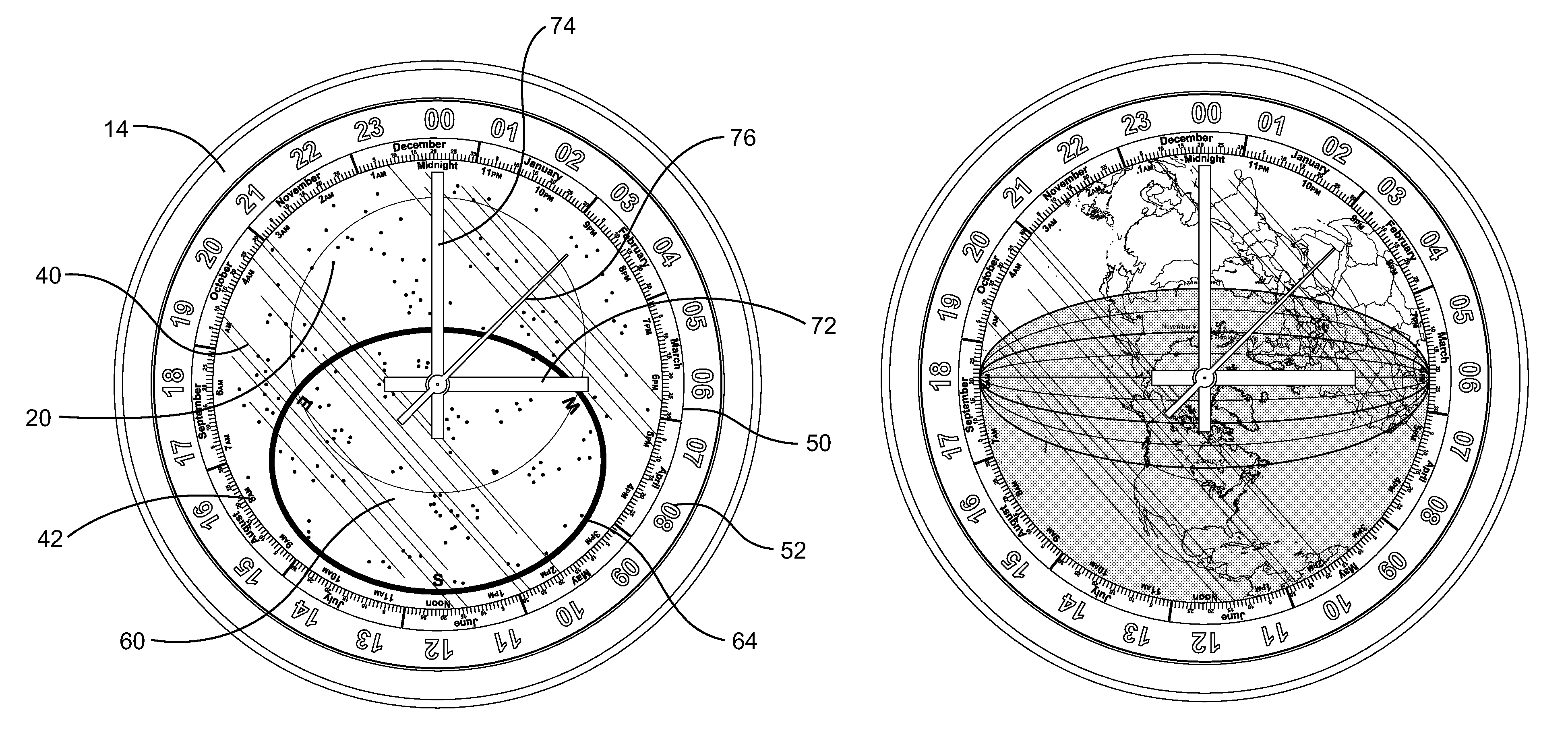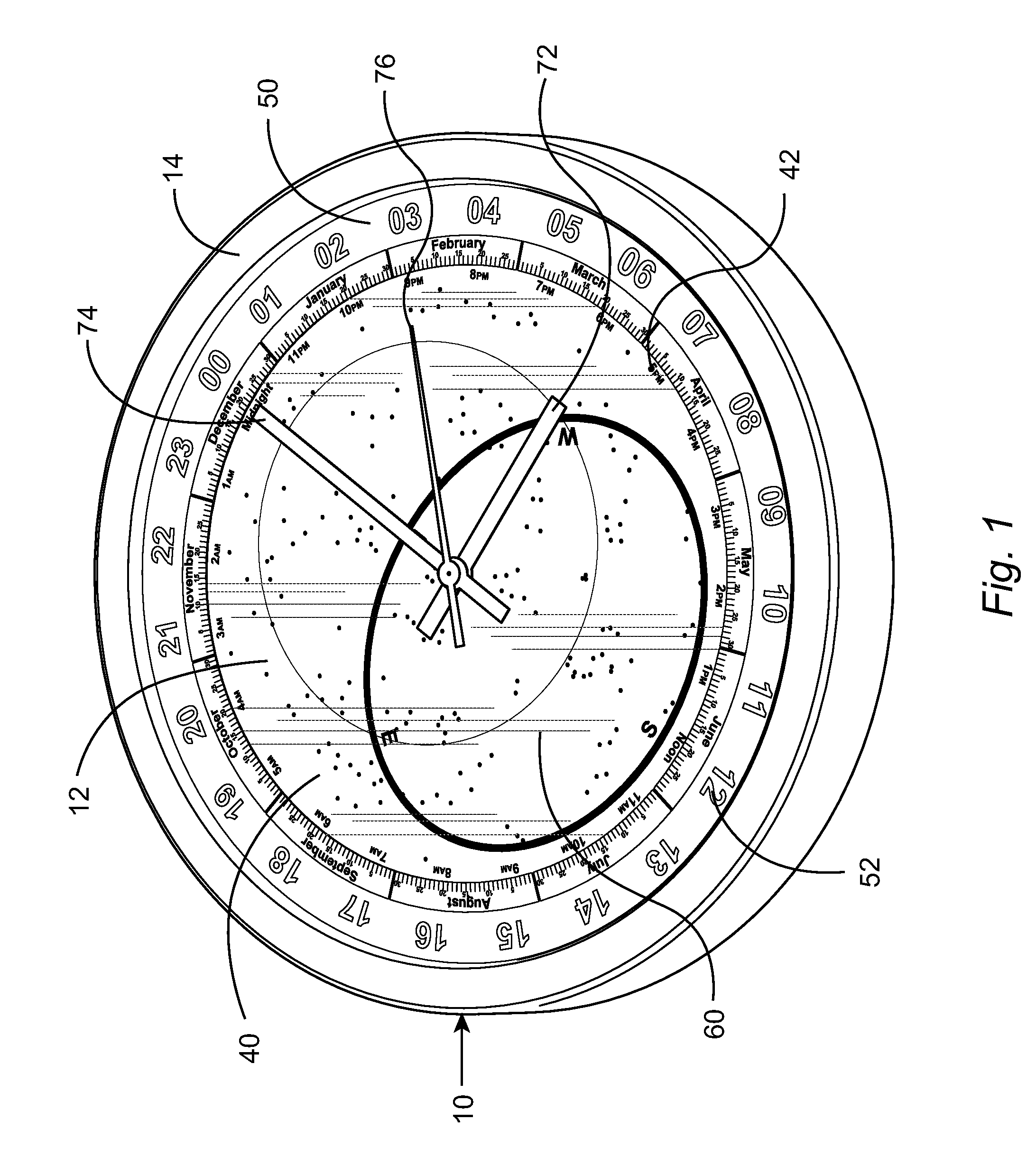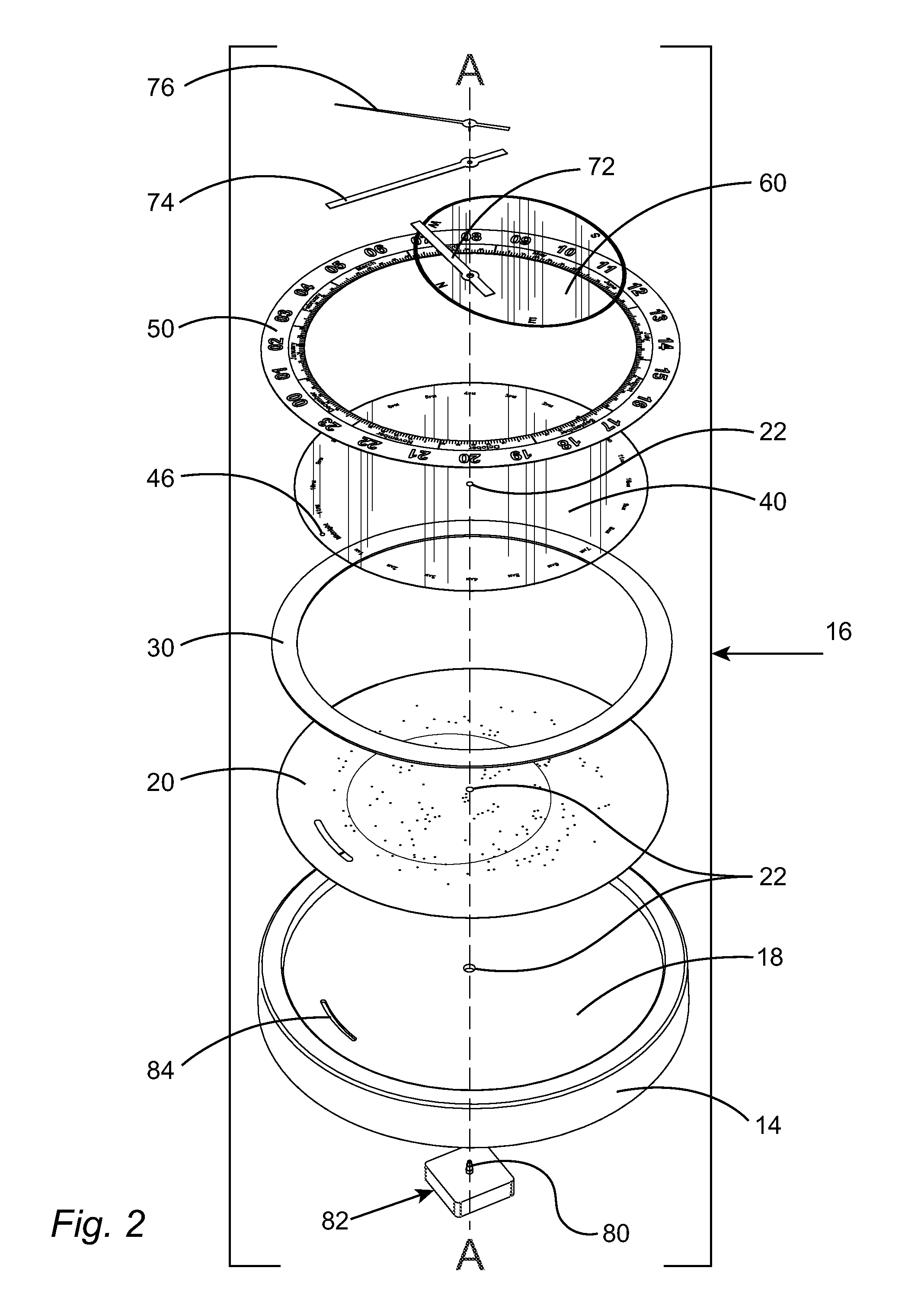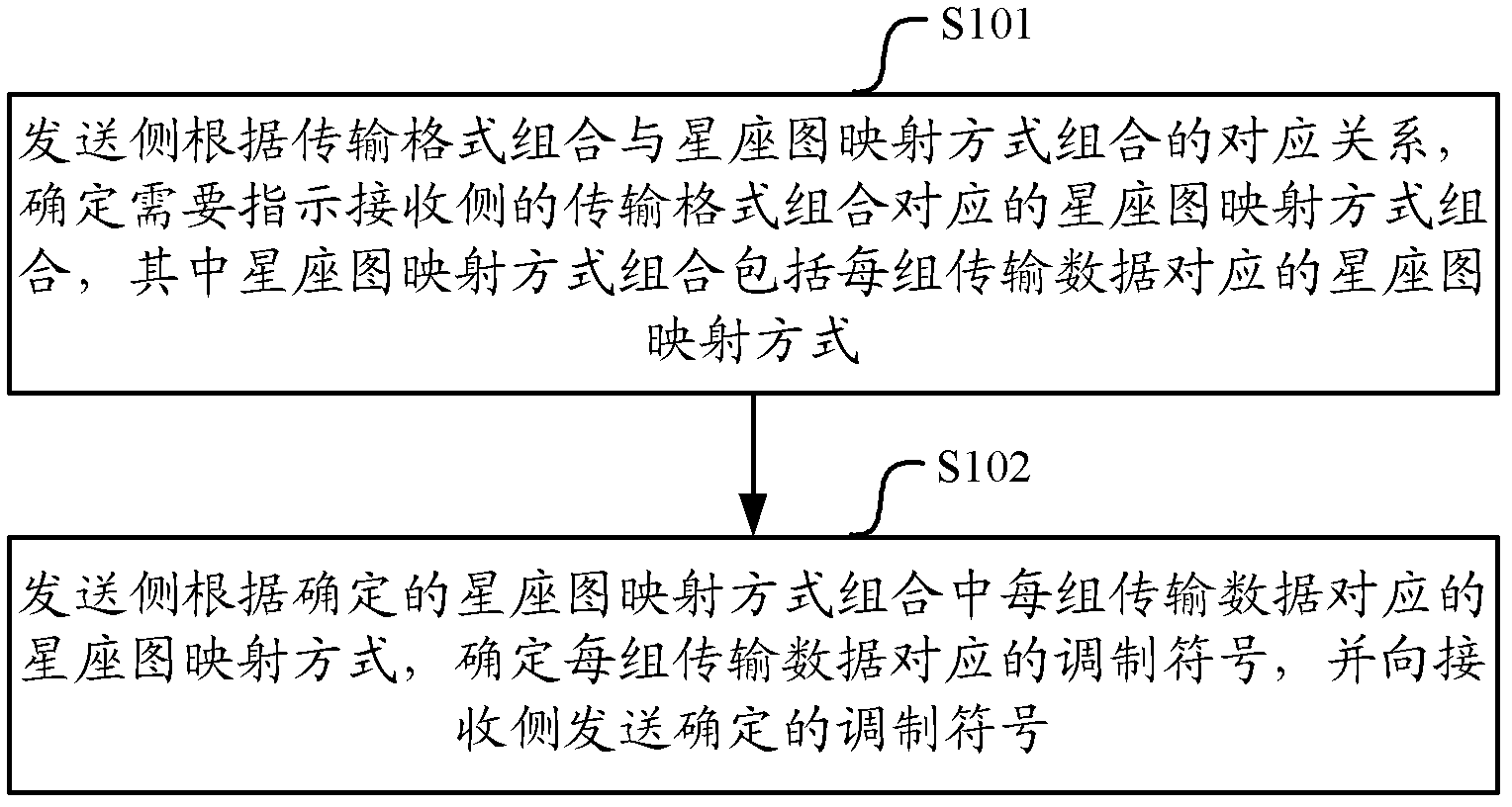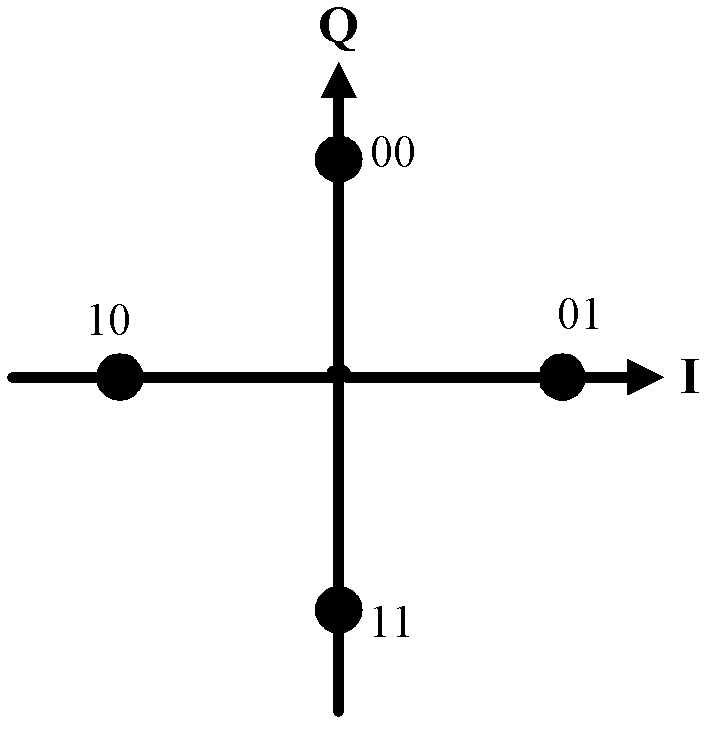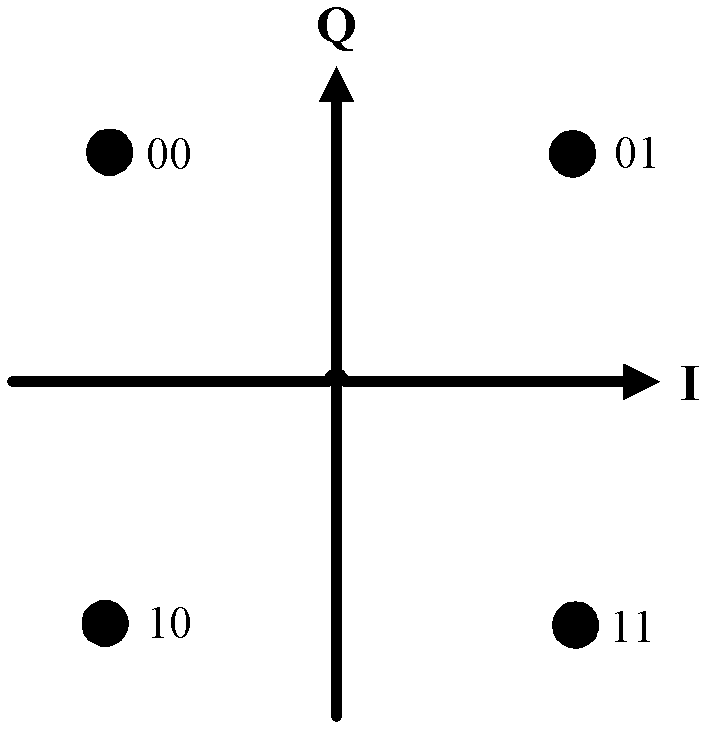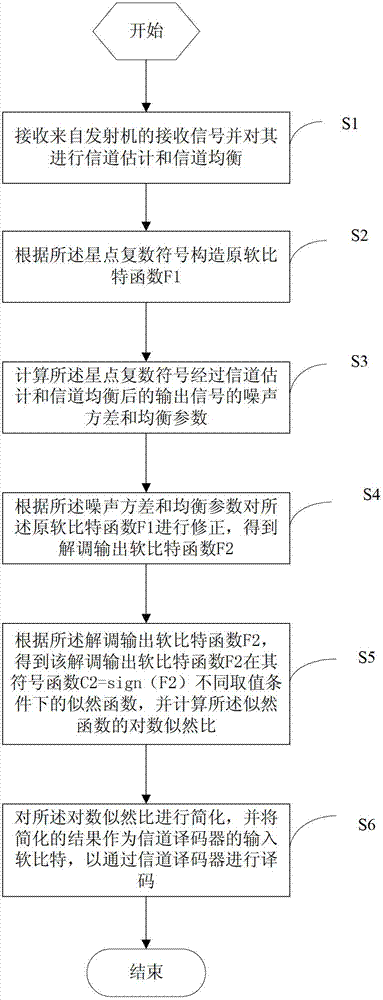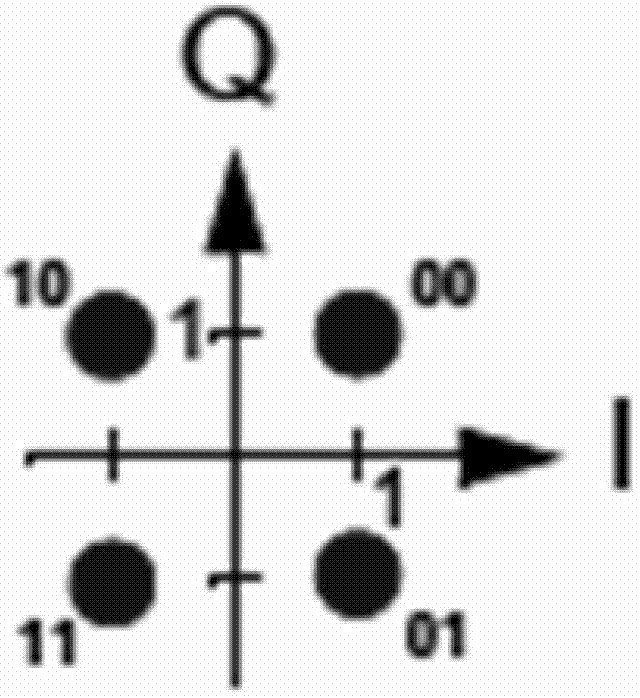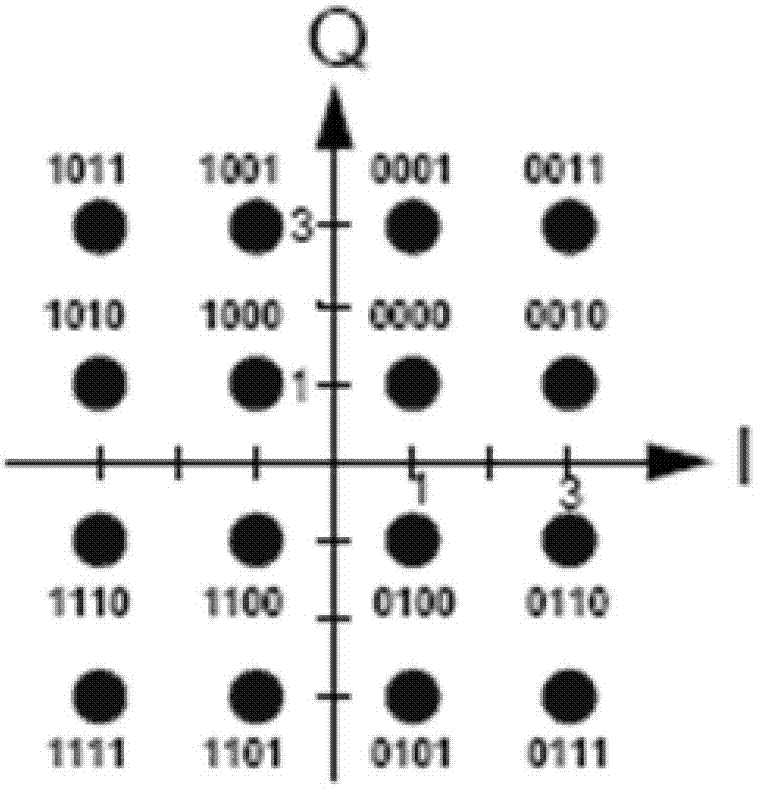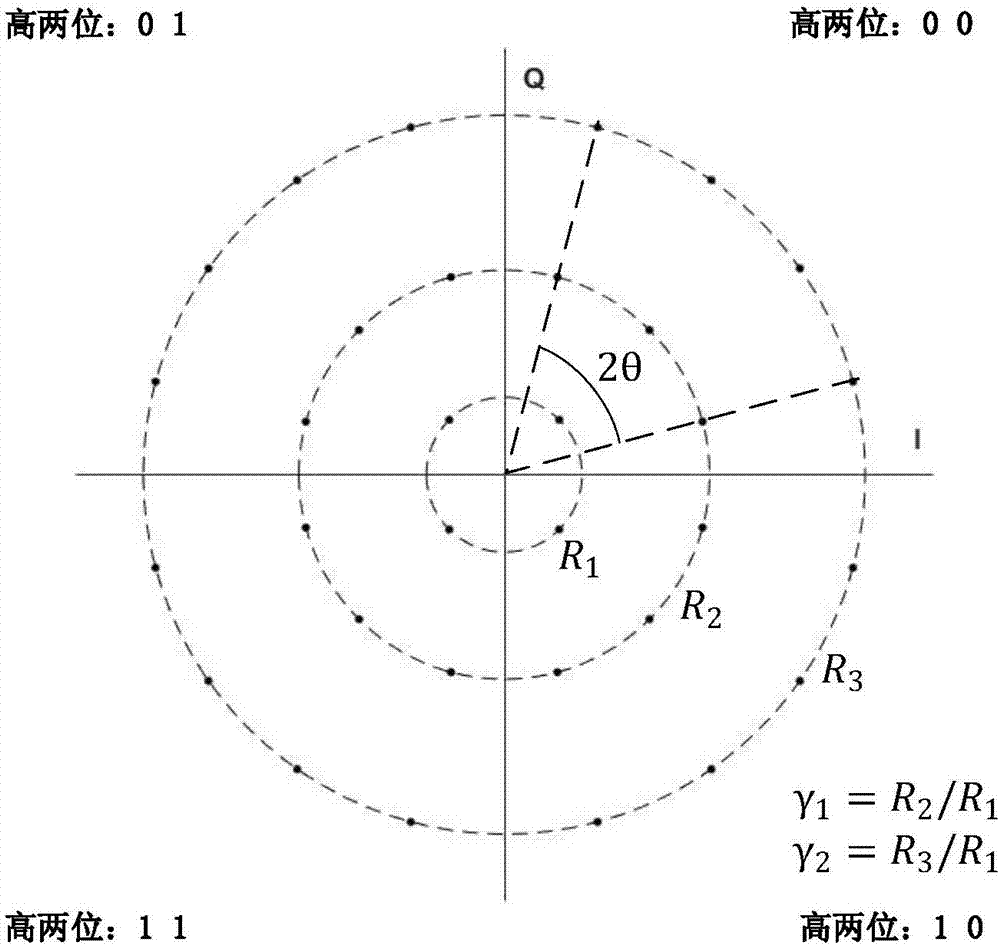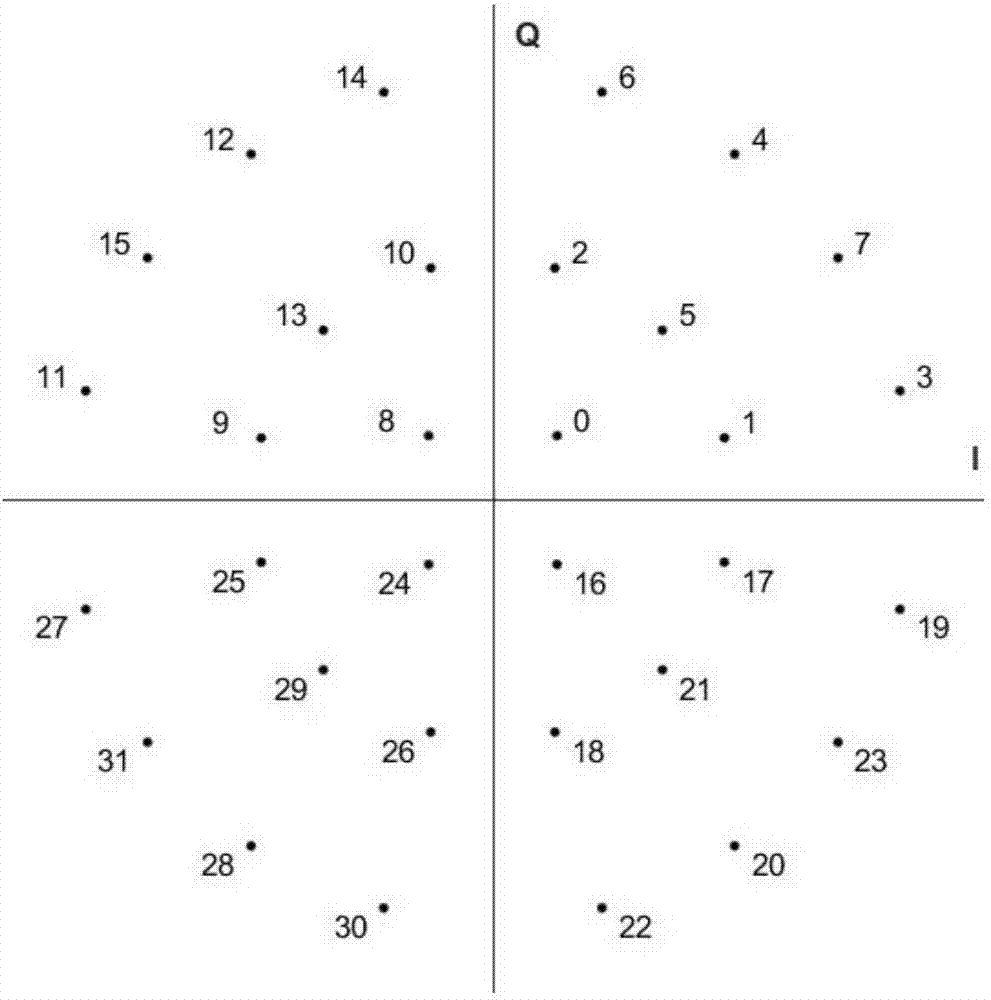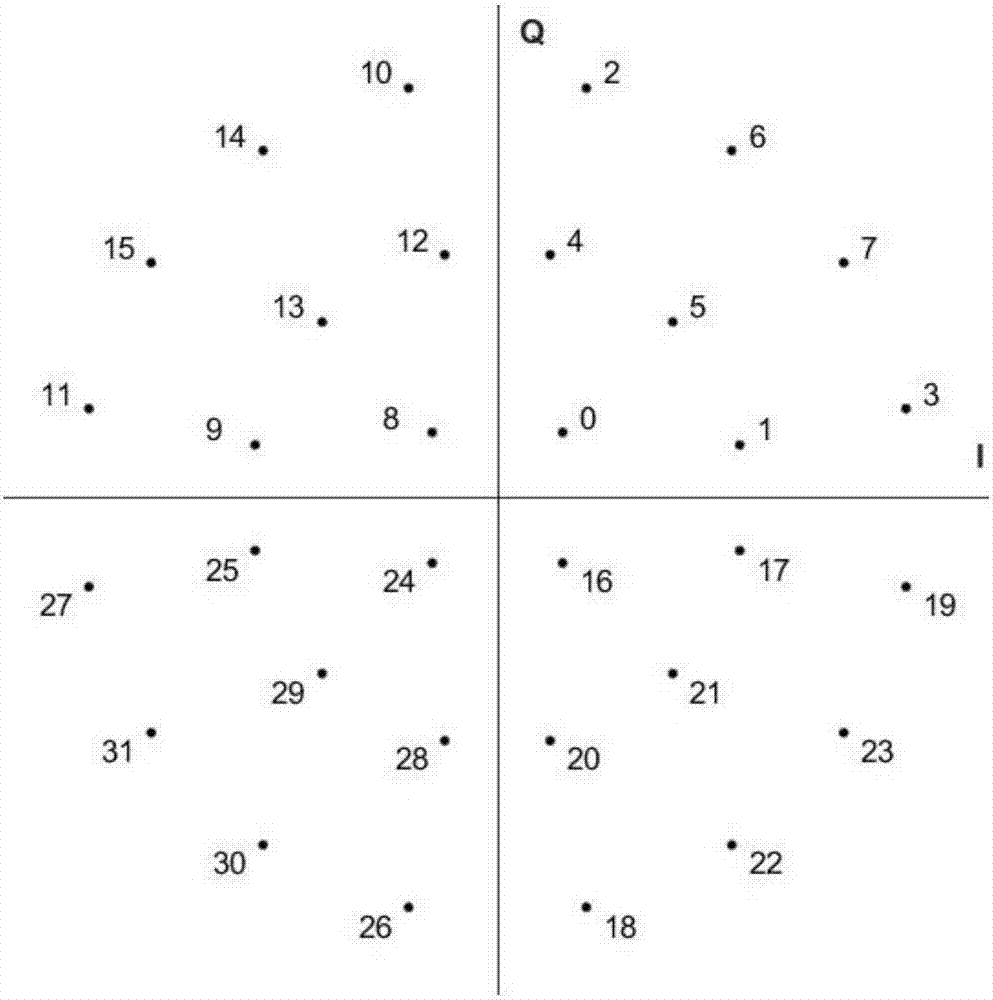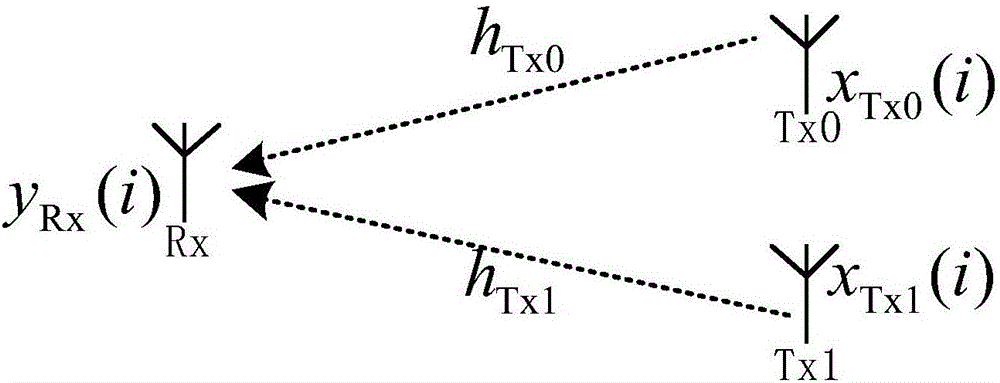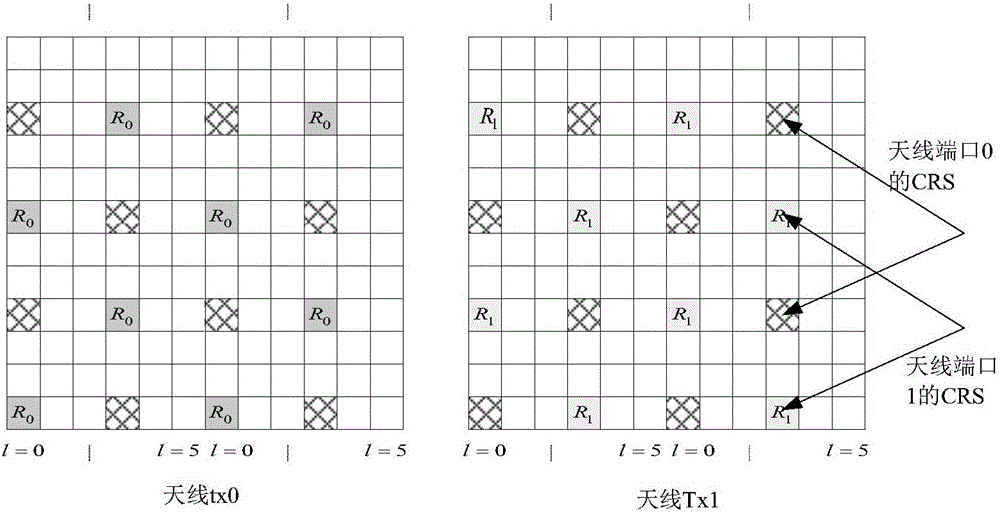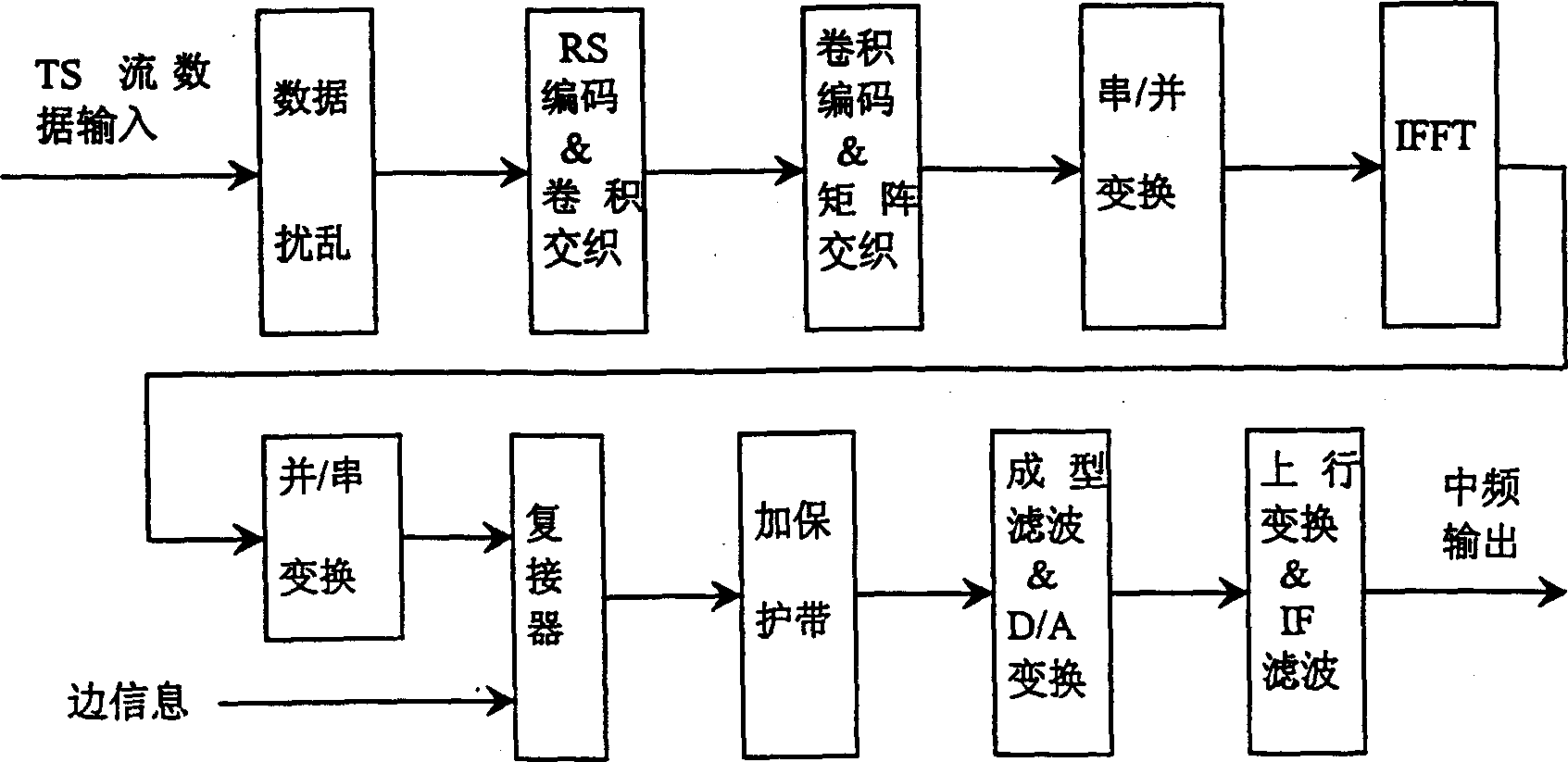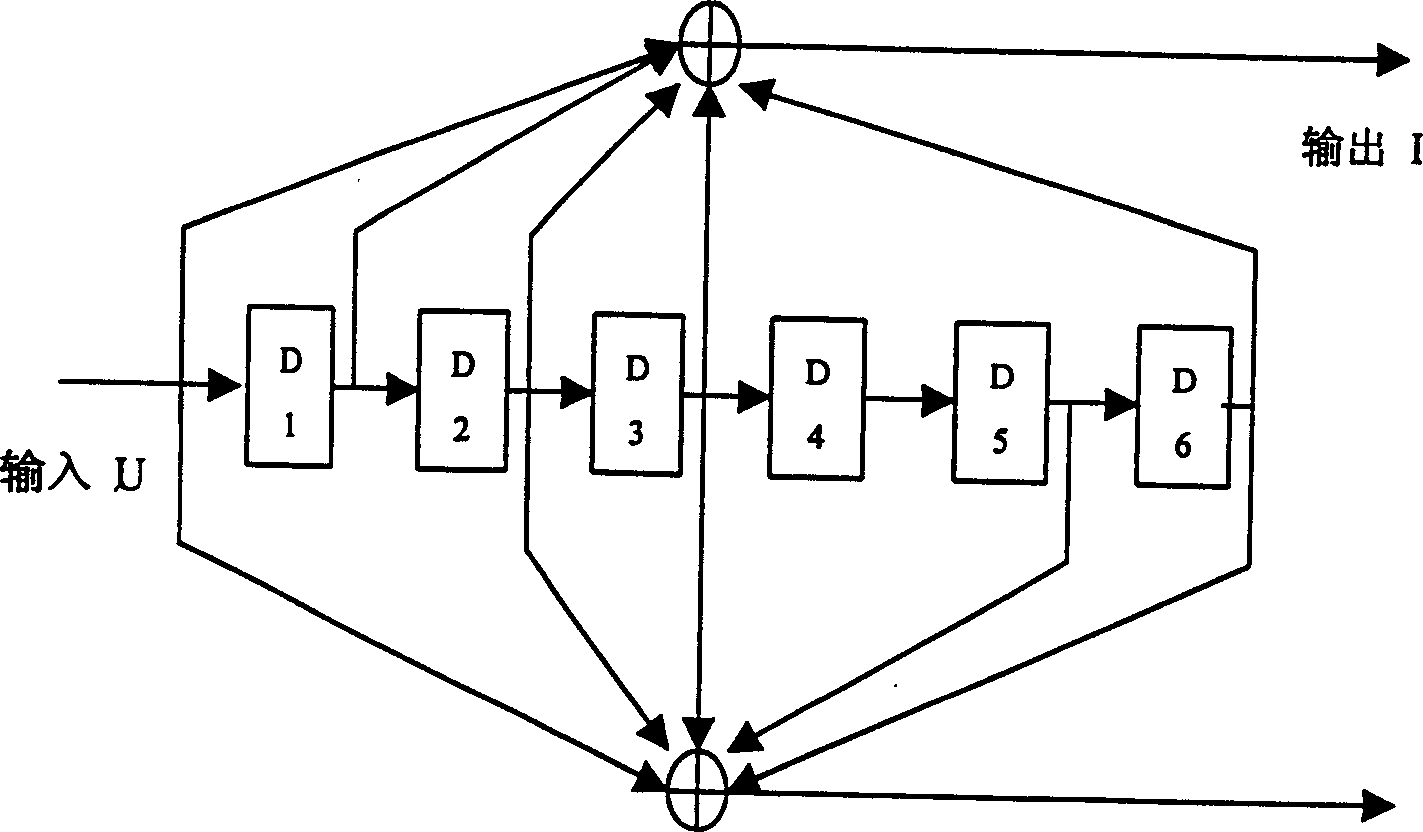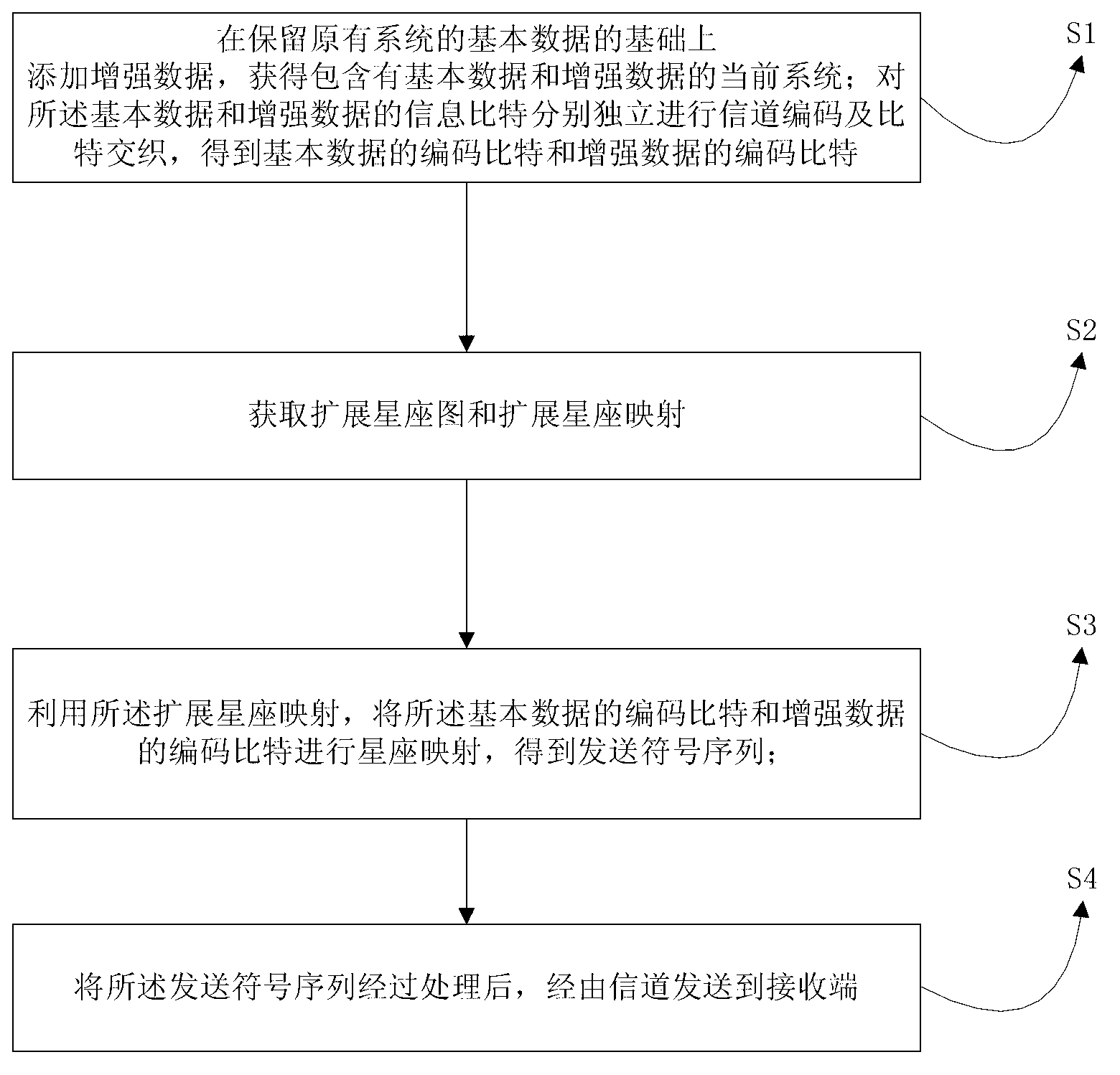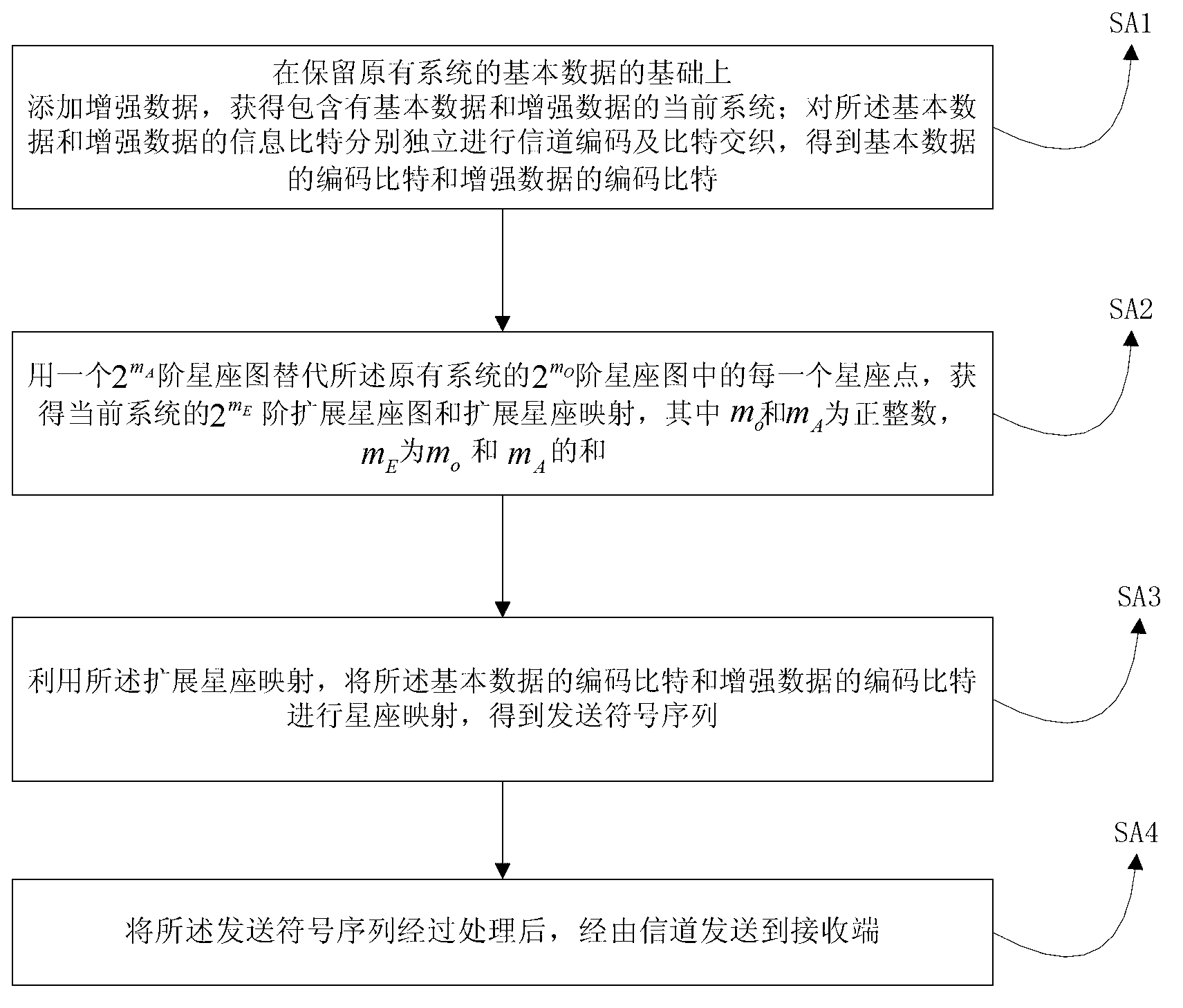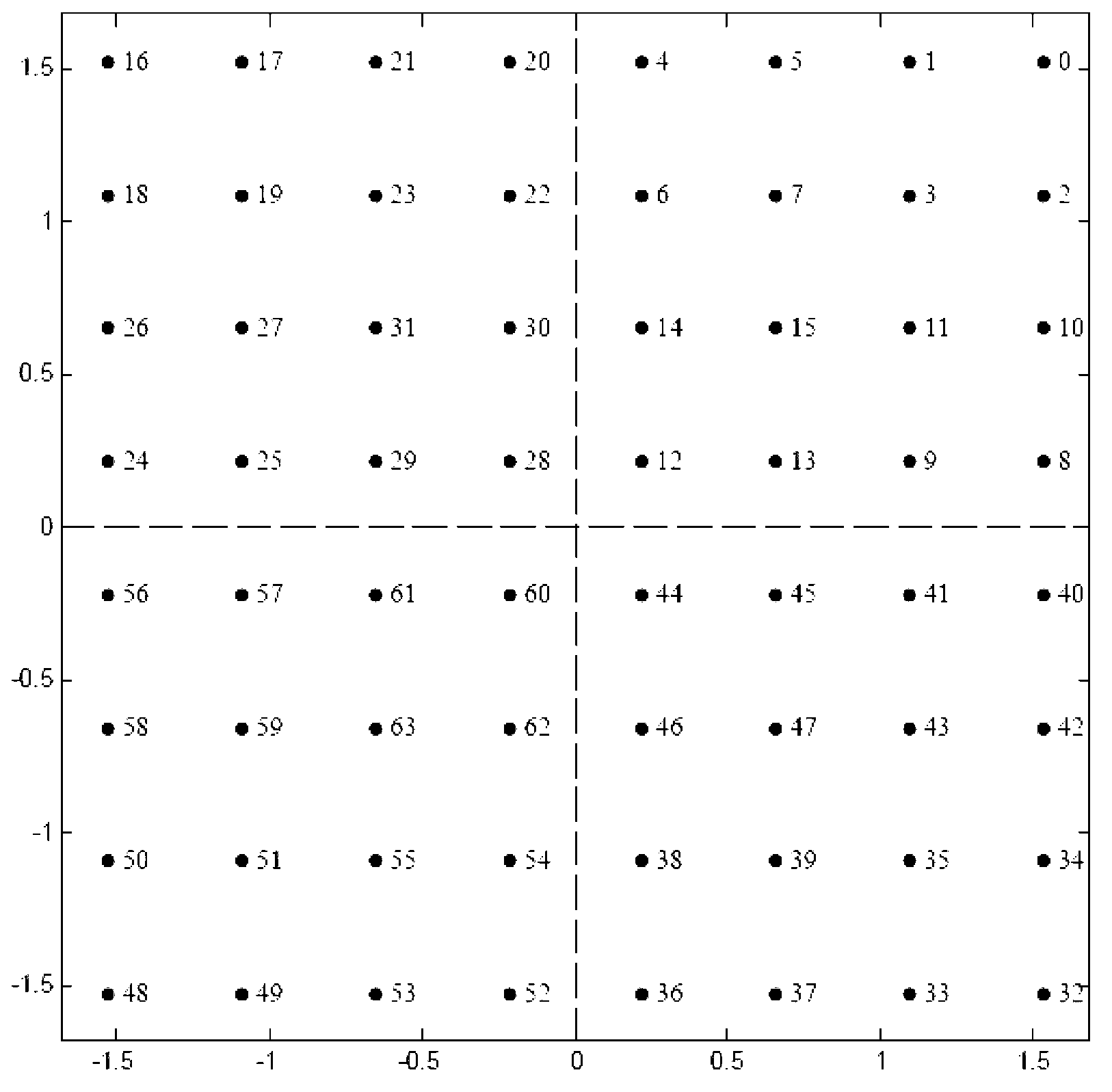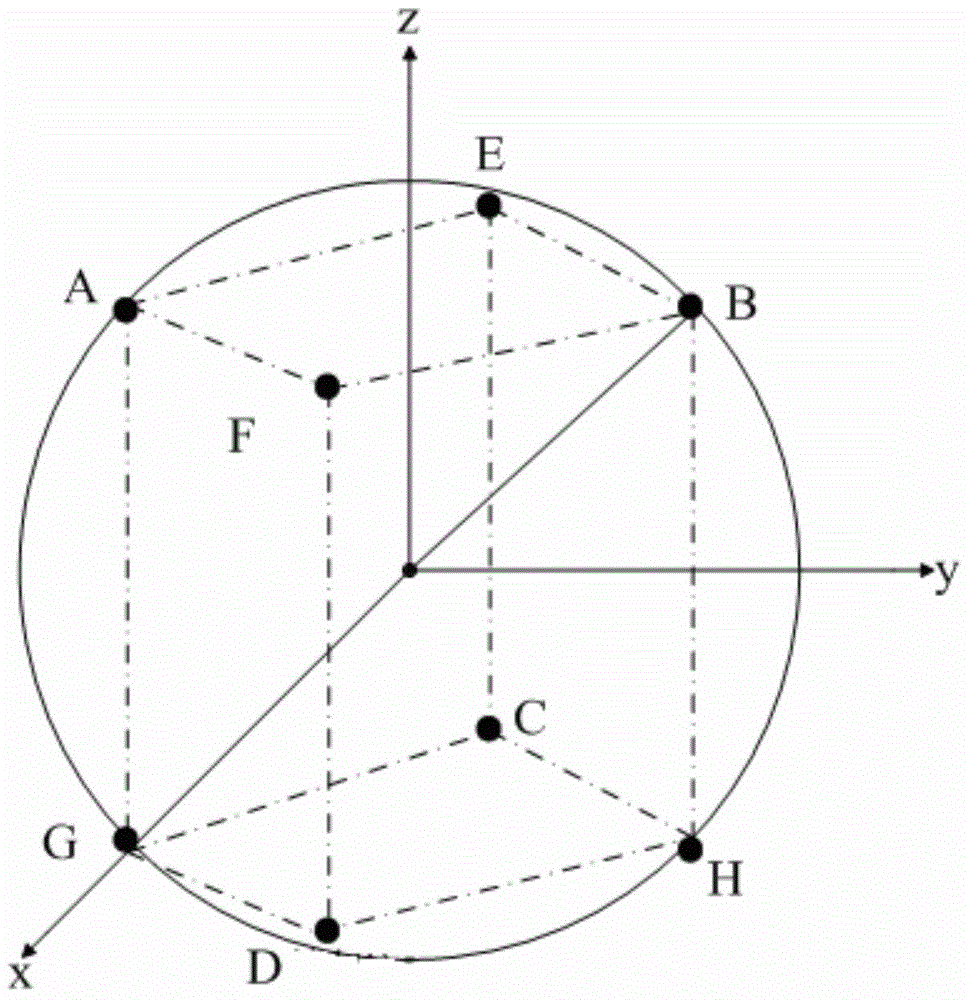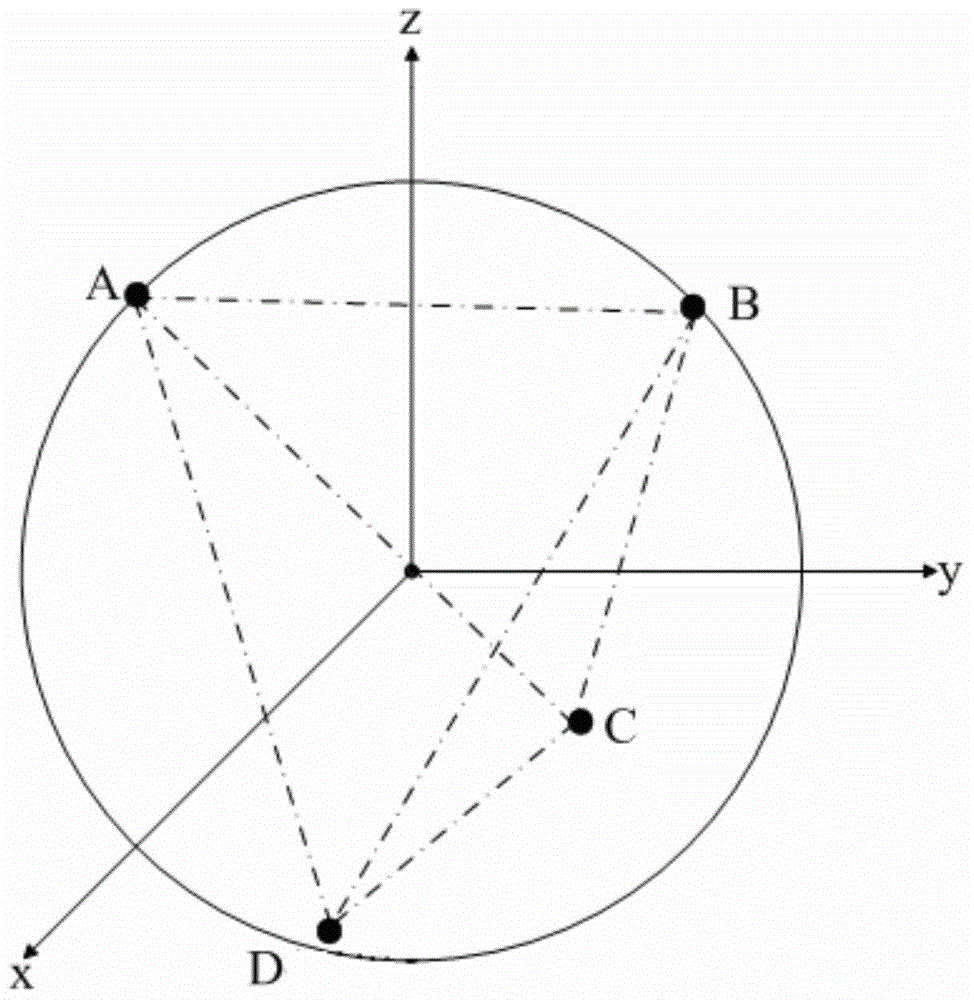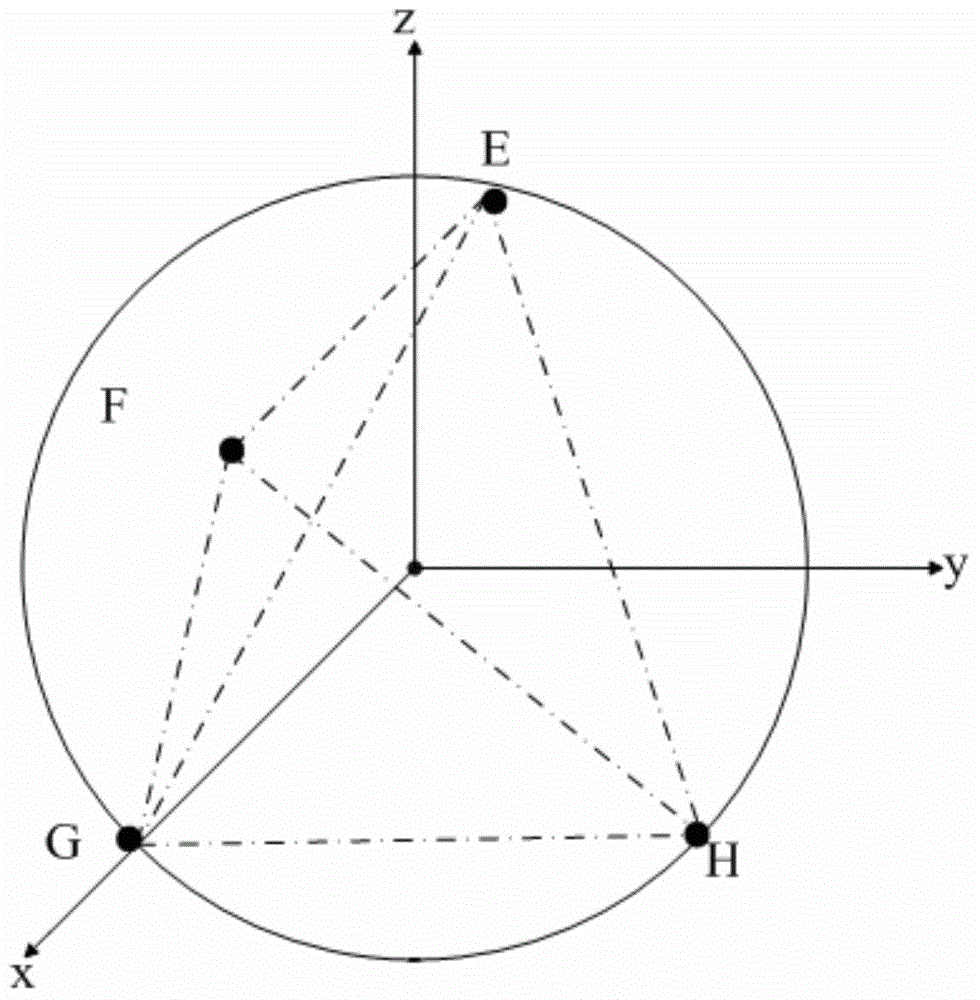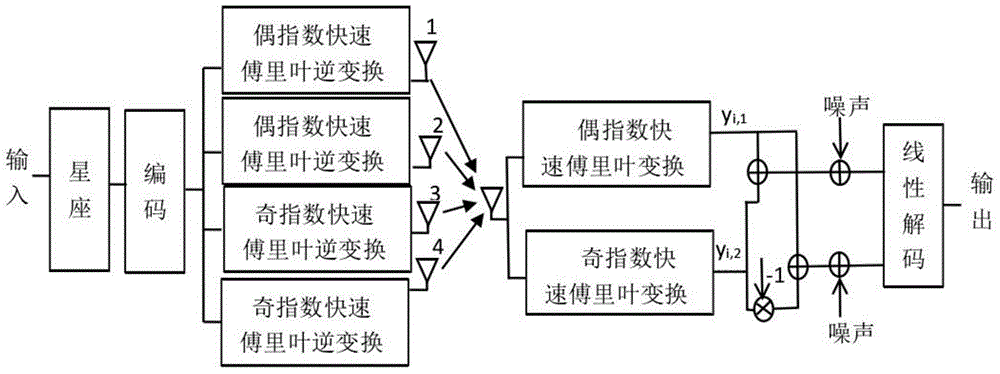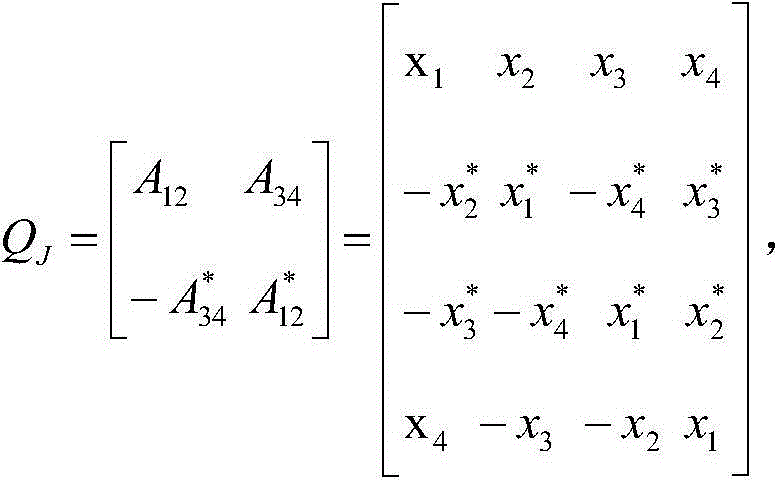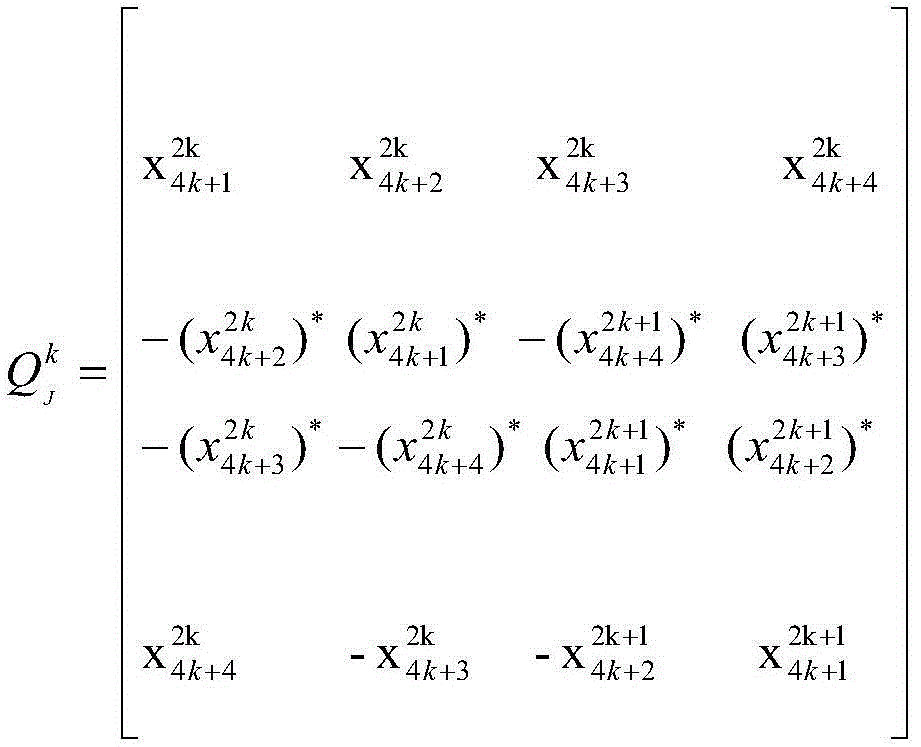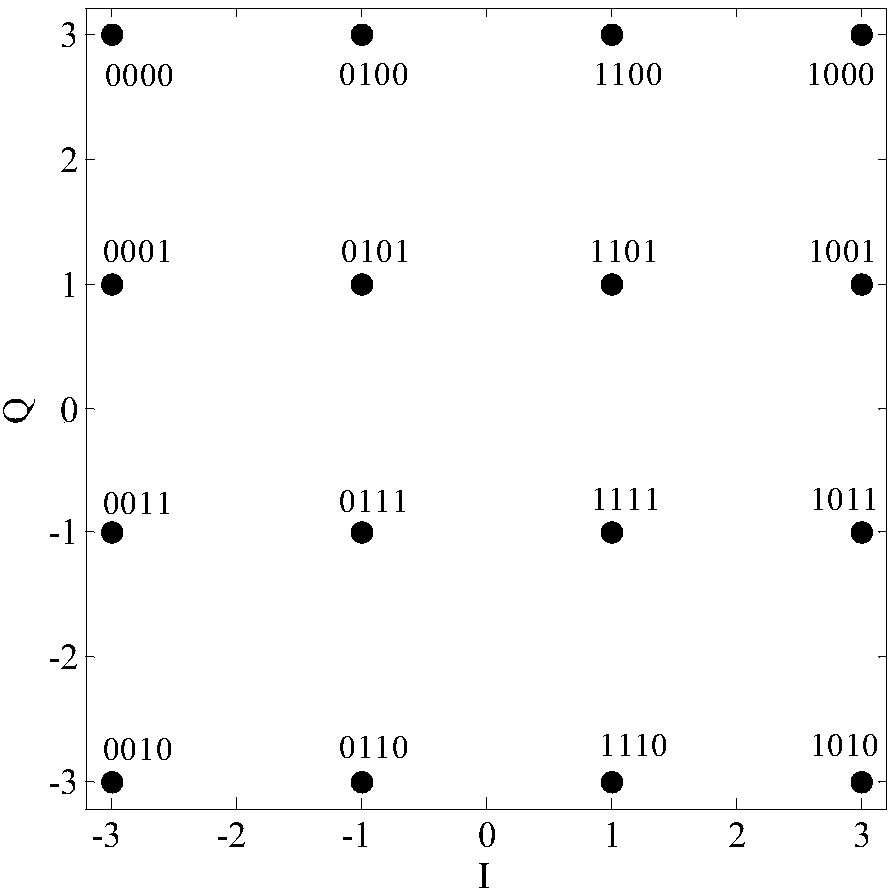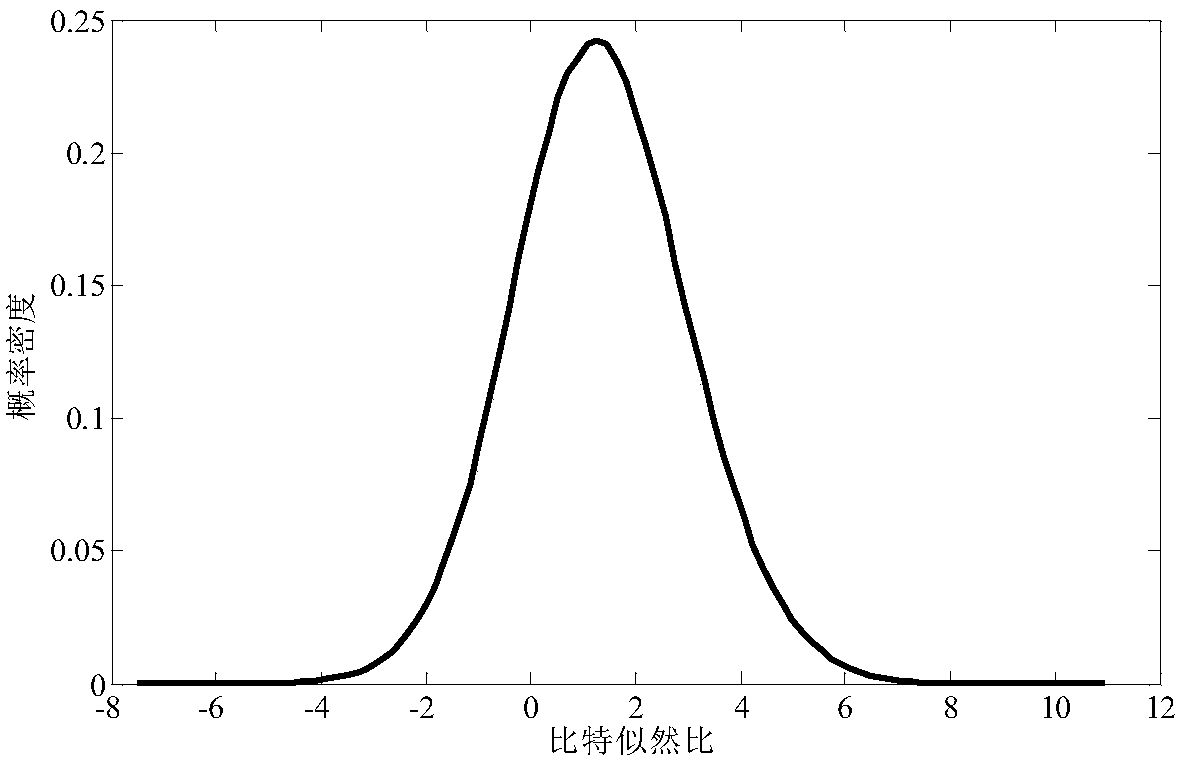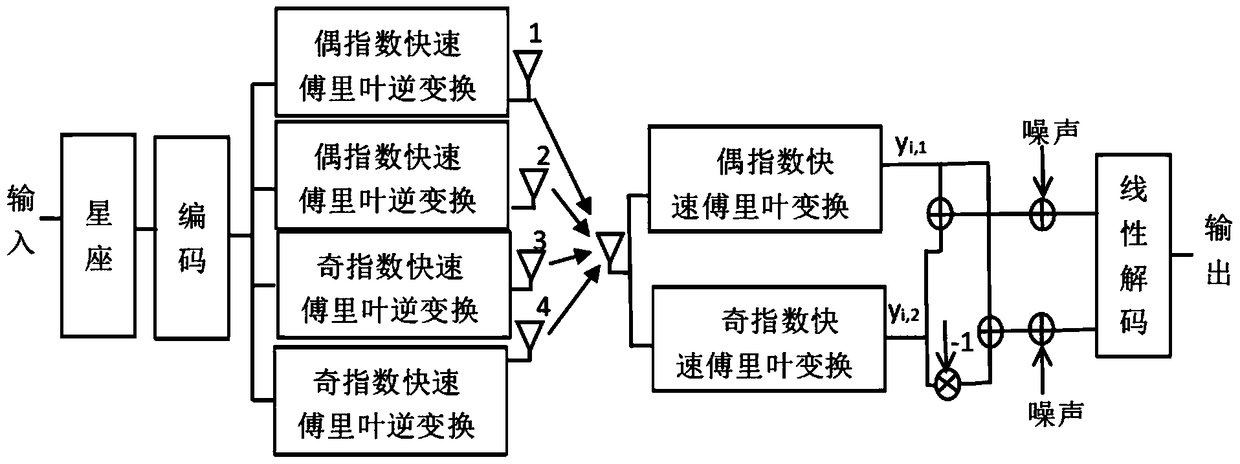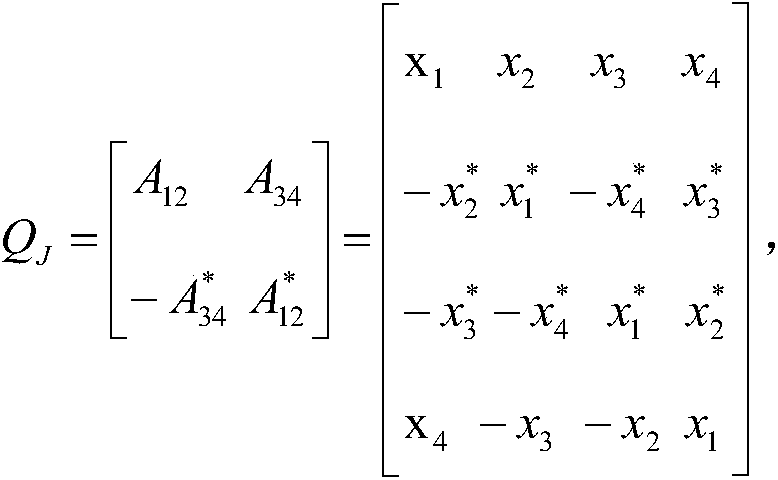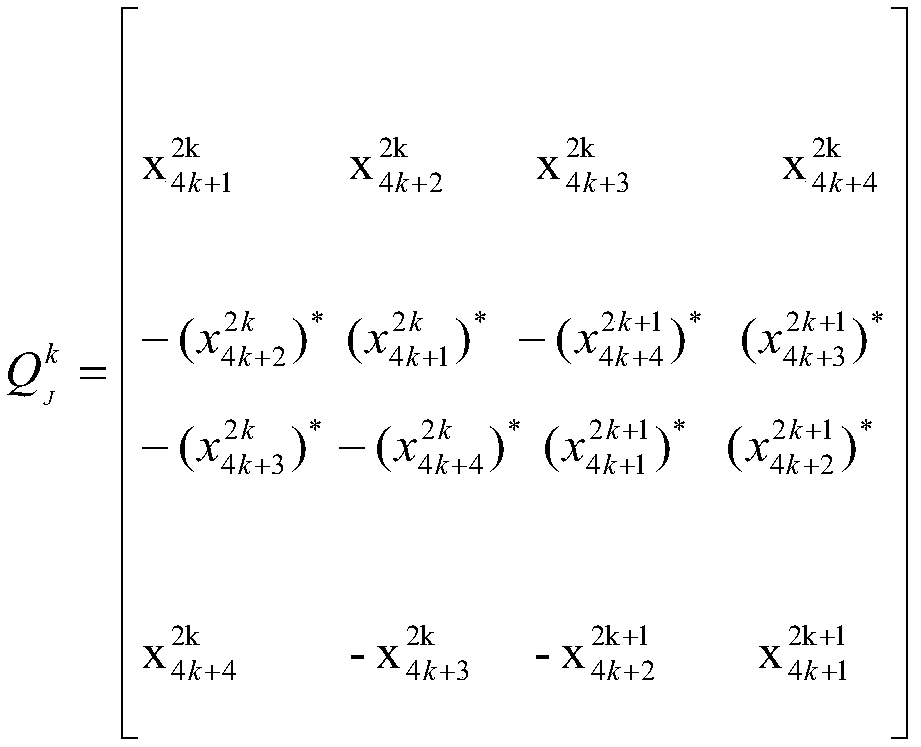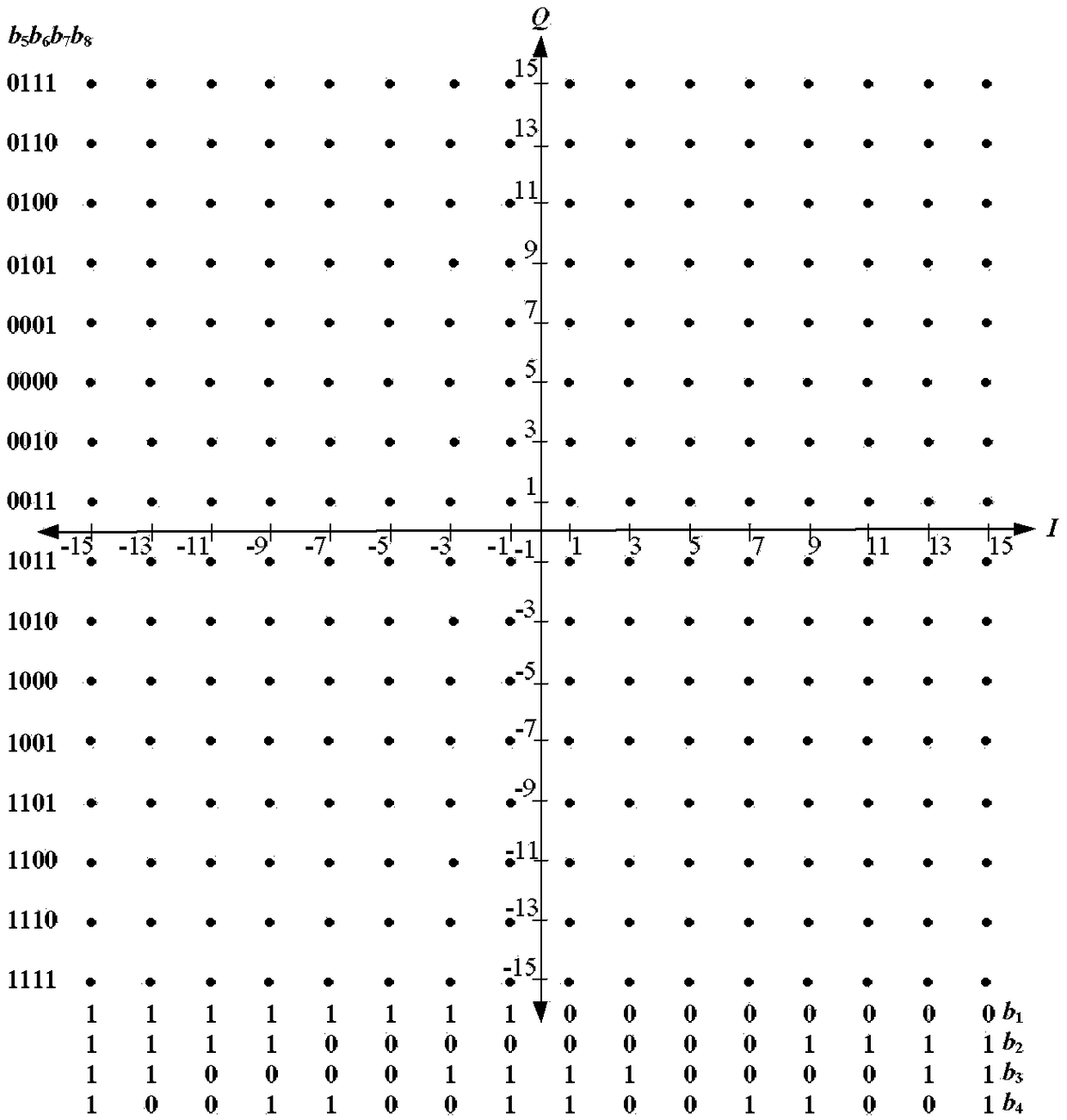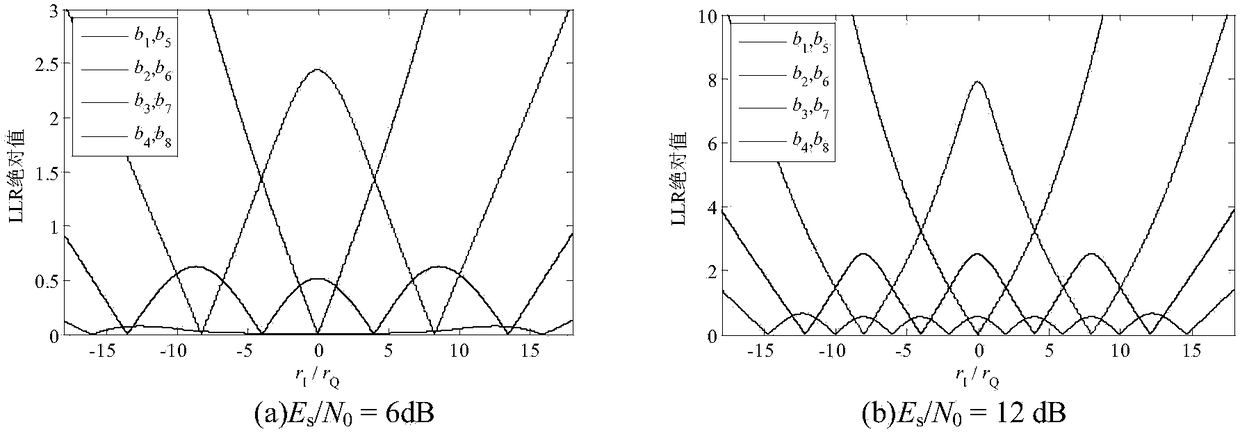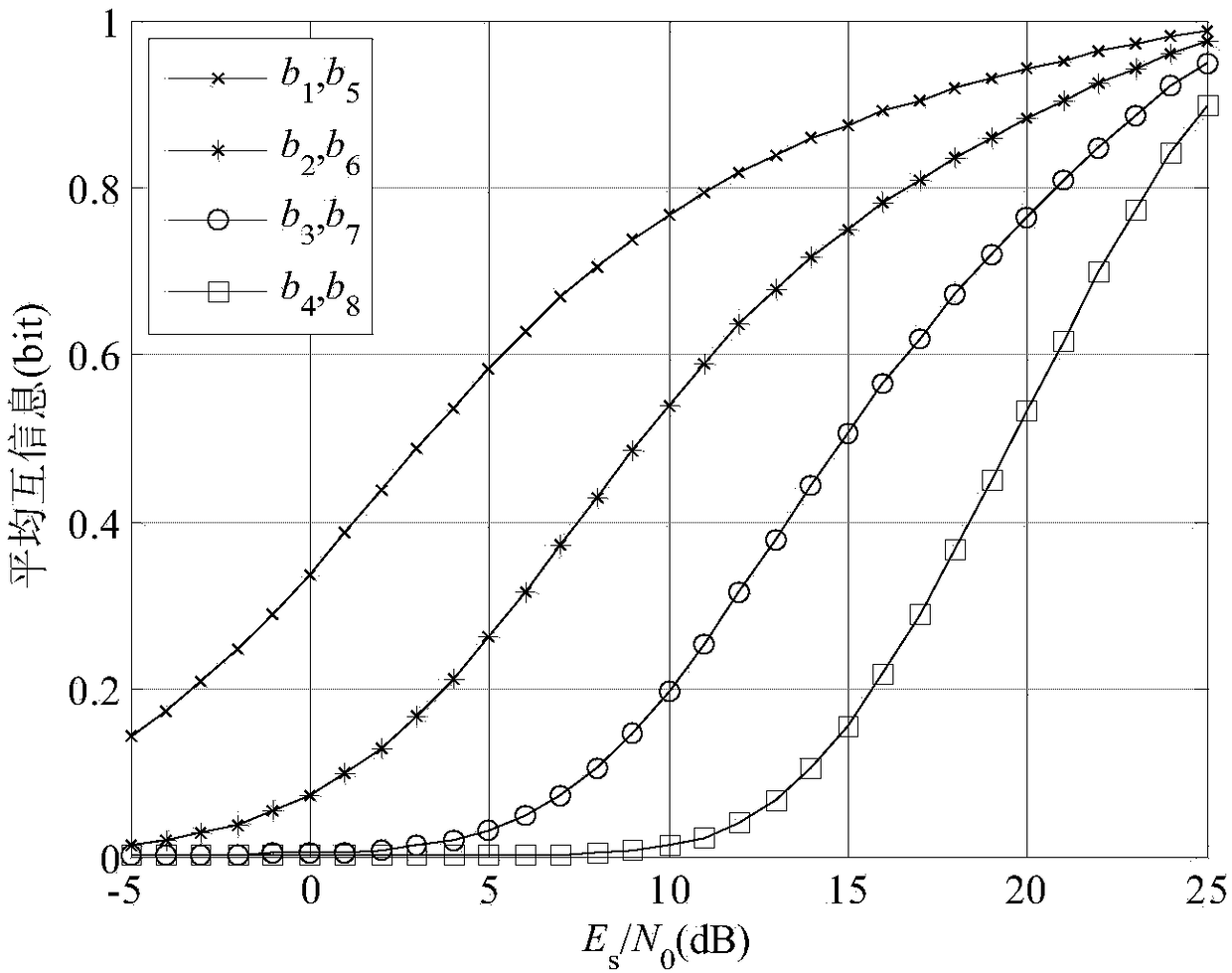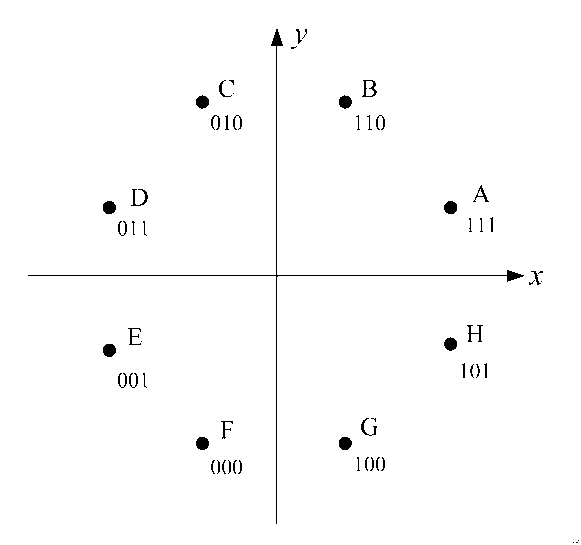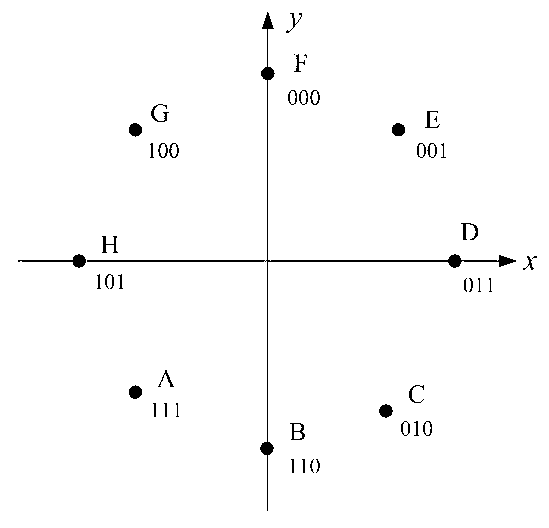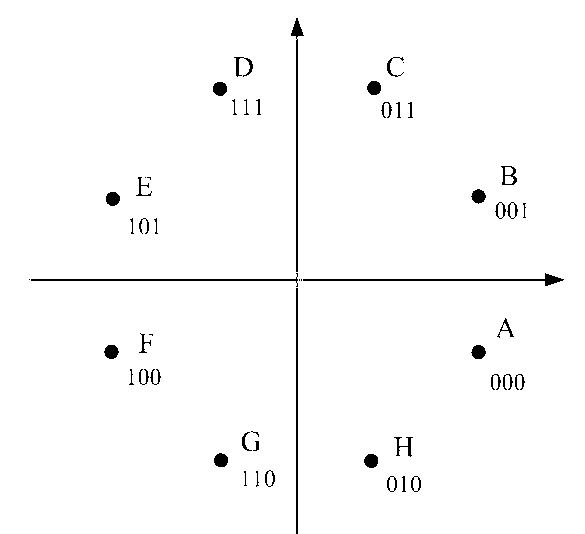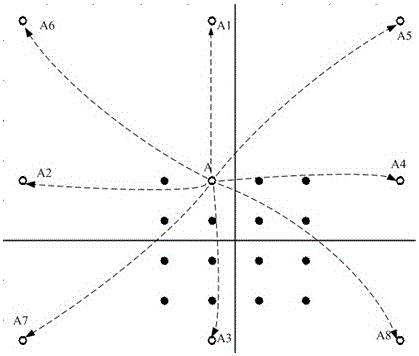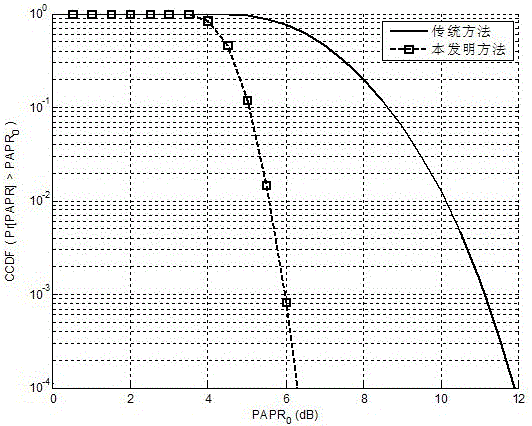Patents
Literature
45 results about "Planisphere" patented technology
Efficacy Topic
Property
Owner
Technical Advancement
Application Domain
Technology Topic
Technology Field Word
Patent Country/Region
Patent Type
Patent Status
Application Year
Inventor
In astronomy, a planisphere is a star chart analog computing instrument in the form of two adjustable disks that rotate on a common pivot. It can be adjusted to display the visible stars for any time and date. It is an instrument to assist in learning how to recognize stars and constellations. The astrolabe, an instrument that has its origins in Hellenistic astronomy, is a predecessor of the modern planisphere. The term planisphere contrasts with armillary sphere, where the celestial sphere is represented by a three-dimensional framework of rings.
Whole phase FFT based universal demodulation method
InactiveCN101136893ABroaden the mind to solve the demodulation problemImprove generalizationMulti-frequency code systemsFrequency spectrumCommunications system
The general demodulation (DEMOD) method includes steps: under precondition of accorded with sample theorem, full phases FFT, and required corrected sampling points to select A / D conversion for the sampling frequency (FR); selecting sequence needed by full phases from the sampling sequences, and then based on FR spectrum correction (FSC) technique to select the correction sequence; carrying out FFT in full phases for the selected sequence, and meanwhile based on the selected FSC technique to carry out FSC so as to accomplish demodulation (MOD); using planisphere-mapping to accomplish decoding. Since DEMOD is based on full phases FFT, the algorithm for correcting and accurate estimating FR, phase, and amplitude is simple so as to simplify DEMOD circuit. Features are high resolution for estimating FR and phase, and low error rate. The invention is suitable to multiple MOD modes including different distributions of planisphere so as to be in favor of generalization of demodulator.
Owner:TIANJIN UNIV
Directional modulation signal design method based on reverse antenna array.
ActiveCN104579440AReduce the difficulty of implementationSpatial transmit diversityPhase-modulated carrier systemsEavesdroppingSpatial direction
The invention discloses a directional modulation signal design method based on a reverse antenna array. According to the method, the reverse antenna array is adopted to enable an incident wave phase position to conjugate and enable a digital phase shifter to construct a directional modulation signal planisphere codebook, and an expected directional modulation signal is synthesized in any spatial direction; according to the invention, a directional modulation signal transmitter and two common digital signal receivers in different spatial directions are included; the spatial direction where the legal user receiver is positioned is the expected direction, and the spatial direction where the eavesdropping receiver is positioned is the unexpected direction. A legal user can normally demodulate a received signal by utilizing the directional modulation signal transmitted through the method; however, the eavesdropping receiver cannot demodulate useful communication information even if receives signal energy similar to that of the legal user due to the dynamic distortion of a received signal planisphere. Therefore, the transmitted directional modulation signal provides a secure transmission method for wireless transmission of communication information.
Owner:NANJING UNIV OF POSTS & TELECOMM
Wireless optical orthogonal multi-carrier communication method with low peak to average power ratio
InactiveCN103618687ANo waste of frequency resourcesReduce peak-to-average power ratioClose-range type systemsMulti-frequency code systemsNonlinear distortionCyclic prefix
The invention discloses a wireless optical orthogonal multi-carrier communication method with a low peak to average power ratio. The wireless optical orthogonal multi-carrier communication method comprises the following steps that at a transmitting end, firstly, modulated frequency domain signals are converted into a semi-positive definite planning convex optimization problem by adopting a tone injection algorithm via a relaxation method, and solving is carried out through general convex optimization and randomized methods; secondly, the frequency domain signals are symmetrically mapped to subcarriers in a conjugate mode, and a cyclic prefix is added after reverse fast Fourier transformation; at last, time domain transmission signals are added into direct-current offset to drive a light-emitting diode to emit light. At a receiving end, photovoltaic conversion is achieved through a photodiode; signals are removed from the cyclic prefix and conjugate symmetry parts after amplification, filtering, analog-digital conversion and fast Fourier transformation; the signals are modulated to be recovered in an original planisphere; at last, receiving symbols are obtained through demodulation. According to the wireless optical orthogonal multi-carrier communication method, the peak to average power ratio of a wireless optical communication PFDM system can be effectively reduced, requirements of a power amplifier and an LED for linear degrees are reduced, non-linear distortion is reduced, and receiving performance is improved.
Owner:SOUTHEAST UNIV
Method for demultiplexing polarization by using constant rotation sign training sequence
InactiveCN101895499APhase-modulated carrier systemsMulti-frequency code systemsFrequency spectrumPolarization diversity
The invention belongs to the field of optical communication, and is applied to the polarization demultiplexing of a polarization diversity multiplexing coherent optical communication system. According to the invention, for the problem of the polarization demultiplexing in the polarization diversity multiplexing coherent optical communication system, a special training sequence and related algorithms are designed. Through the method, a coherent receiver can fast, automatically and accurately perform the polarization demultiplexing. As the track of the training sequence, viewed from a planisphere, rotates along a unit circle after sign power is normalized, the training sequence provided by the invention is called a constant rotation sign training sequence. The invention discloses two processing algorithms for the constant rotation sign training sequence, which are a frequency-domain algorithm and a time-domain algorithm respectively, wherein the frequency-domain algorithm can be combined with frequency-domain dispersion compensation without adding a frequency spectrum calculation module. Through the method, the receiver does not need synchronizing with an initial position of the training sequence.
Owner:BEIJING UNIV OF POSTS & TELECOMM
Gray mapping-based code design method for optimizing Trellis Coded Modulation (TCM) system
InactiveCN101944976AError preventionPhase-modulated carrier systemsBase codeDigital signal processing
The invention belongs to the technical field of digital signal processing data coding, in particular relates to a gray mapping-based code design method for optimizing a Trellis Coded Modulation (TCM) system. In the method, a Euclidean distance parameter and a Hamming distance parameter in coded modulation are considered together, gray planisphere mapping is adopted, and average transfer route output with a maximum Euclidean distance is distributed and a state transfer next state is determined based on the gray planisphere mapping. Therefore, the TCM system is optimized, coding gain is increased and overall performance is improved.
Owner:FUDAN UNIV
Method for transmitting and receiving quasi-orthogonal time space group code, transmitter and receiver, and communication system
InactiveCN1874210AIncrease freedomOvercoming the disadvantages of fixed constellation diagram distributionError preventionSignal-to-quantization-noise ratioTransmitter
The invention is related to transmitting / receiving method in quasi-orthogonal time space group code, receiver and transmitter and corresponding comm. system. Random rotation matrix is obtained through Graham-Schmitt orthogonalized decomposing plural gauss random square matrix. After using multiplication between random rotation matrix and symbolic vector of planisphere, the transmitting terminal carries out encoding quasi-orthogonal time space group code so as to make new planisphere possess characteristic of random distribution. Thus, interferences among multiple antenna symbols at transmitting end are distributed evenly. Moreover, distribution of probability density in high power interference segment is smaller relatively so as to raise performance of system in high SNR. Accordingly, all possible symbolic vectors of planisphere at receiving end are carried out rotation same as transmitting end randomly and then maximum likelihood decoding is carried out.
Owner:UT STARCOM (CHINA) CO LTD +1
Method and device for mapping/de-mapping constellation as well as linear transformation constellation map
InactiveCN101299746ASatisfactory reception performanceMultiple carrier systemsError prevention/detection by diversity receptionWeight coefficientEuclidean distance
The invention discloses a constellation mapping de-mapping and the linear transformation planisphere mapping de-mapping method and the device, wherein the planisphere mapping method includes: performing the planisphere mapping to the coded and interweaved stream of bits according to planisphere satisfying G(alpha*d+ beta*D) smaller than the given threshold, mapping the code word onto the corresponding constellation point, transmitting the output signal flow after the post-treatment, wherein G is the cost function, d is the statistical value of the smallest euclidean distance of the input code word set, D is the statistical value of the smallest Hamming distance of the input code word set, alpha and beta are the weight coefficients which are selected according to the characteristics of the practical channel. The invention causes the modulation demodulation system to obtain the compromise between the receptivity of the gaussian channel and the fading channel, namely causes the modulation demodulation system to have the satisfying receptivity below the gaussian channel and the fading channel and other channels therebetween.
Owner:VIMICRO CORP
Carrier phase estimation method and device
InactiveCN102148795AAccurate phase estimationReduce the impact of noiseTransmitter/receiver shaping networksMultiple carrier systemsSignal onEstimation methods
The invention discloses a carrier phase estimation method and a device in the technical field of communications, which comprises the steps as follows: a signal is determined to belong to one of Q type(s) on a QAM planisphere according to the signal power or amplitude; the signal on the QAM planisphere is divided into P type(s) according to the size of the signal power or amplitude, wherein the Q types in the P type(s) satisfies uniformly-spaced distribution of phases; Q is equal to or less than P, and P is a natural number more than zero; carrier phase estimation is implemented on the signal; moreover, the initial phase offset of the signal is subtracted to obtain the phase estimation result of the signal; if Q is equal to 1, then the phase estimation result of the signal is the final carrier signal estimation result; if Q is more than 1, then the average or weighted average of the phase estimation results of the signals in the Q types is calculated and used as the final carrier signal estimation result. The embodiment of the invention realizes accurate phase estimation on unevenly-spaced signals of high-order modulating mode, effectively reduces the influences of noise in phase estimation, and solves the problems of error spread and difficult parallel realization.
Owner:HUAWEI TECH CO LTD
12-point SCMA codebook design method based on hexagonal planisphere and SCMA system
ActiveCN107222291AImprove realizabilityGood bit error rate performanceError preventionMultiple carrier systemsSignal-to-noise ratio (imaging)Resource block
The invention discloses a 12-point SCMA codebook design method based on a hexagonal planisphere and a SCMA system using the method. The codebook design method comprises the following steps: 1, allocating 12 constellation points on the end points of two embedded hexagons to form a total planisphere on a resource block; 2, splitting the total planisphere into 3 sub planispheres according to the principle that the minimum Euclidean distance on the same planisphere is the maximum, and separately expressing the 3 sub planispheres as S1, S2 and S3, wherein the size of each sub planisphere is 4; 3, generating a codebook of each user according to an incidence matrix F of the SCMA system and the sub planispheres used by different users on different resource blocks; and 4, performing power normalization on the codebook of each user so as to generate a system codebook. The codebook designed by the method has the advantages of low complexity, low error rate under high signal to noise ratio and convenient hardware implementation.
Owner:SOUTHEAST UNIV
Demodulation method of 16QAM in time division synchronized CDMA system
InactiveCN1697442AImprove demodulation efficiencySmall amount of calculationMultiple carrier systemsLog likelihoodClockwise
The method includes steps: (1) rotating the received signal and relevant coordinate of planisphere 45 degree in clockwise; (2) calculating b0' possible log likelihood ratio of b0, b0' takes maximum of calculated values; if b0' is larger than 0, then b0 = 0; otherwise b0 = 1; (3) rotating the received signal and relevant coordinate of planisphere 45 degree in anticlockwise, and calculating b1 according to the method; based on results of b0 and b1, adjusting the signals above; (4) calculating b2' and b3' according to b2' = x+y, b3' = y - x; if calculated result is larger than 0, then demodulated result of corresponding bit is 0, otherwise, demodulated result is 1. Features are simple, less amount of calculation, ensuring demodulation performance effectively so as to raise demodulating efficiency and quality of 16 QAM in TD - SCDMA system.
Owner:ZTE CORP
Carrier adaptive filtering method and system of zero intermediate frequency, and zero intermediate frequency receiver
ActiveCN101764625ASuppresses the DC componentSuppression mismatchRadio transmission for post communicationIntermediate frequencyCarrier signal
The embodiment of the invention discloses a carrier adaptive filtering method and a system of zero intermediate frequency, and a corresponding zero intermediate frequency receiver. The method comprises the following steps: de-spreading an I signal filtered by a first FIR filter and a Q signal filtered by a second FIR filter; calculating the errors of the de-spread I signal and Q signal between the coordinates in the planisphere and the ideal coordinates in the planisphere by using an EVM method; and adjusting the coefficients of the first FIR filter and the second FIR filter according to the errors, until both the differences between the coefficients of the first FIR filter and second FIR filter before and after the adjustment are less than the preset threshold. The invention can effectively inhibit zero-frequency components and I / Q mismatch, does not need to interrupt the effective signal, and can be used in a WCDMA downgoing signal or CDMA downgoing signal receiver system.
Owner:WUHAN HONGXIN TELECOMM TECH CO LTD
Method for establishing communication system three-dimensional planisphere
ActiveCN104320372AReduce Design ComplexitySmall average energyMultiple carrier systemsCommunications systemHexagonal cell
The invention relates to a method for establishing a communication system three-dimensional planisphere. The method comprises the steps that a modulation point number M of the target three-dimensional planisphere is determined; through planimetry operation, all two-dimensional hexagonal cell planispheres with modulation point numbers smaller than or equal to M are listed, and the minimum Euclidean distance of the two-dimensional hexagonal cell planispheres is 1; through solid geometry operation, the obtained two-dimensional hexagonal cell planispheres are combined, so that a plurality of candidate three-dimensional planispheres with the total modulation point number equal to M are obtained; the total energy of the candidate three-dimensional planispheres which meet the requirement that the minimum Euclidean distance is 1 is computed; and a candidate three-dimensional planisphere with the minimum total energy is selected as the target three-dimensional planisphere. According to the method, the designing complexity of the three-dimensional planisphere can be greatly lowered, and the three-dimensional planisphere with small average energy and good bit-error-rate performance can be obtained.
Owner:SYSU CMU SHUNDE INT JOINT RES INST
Signal-to-noise-ratio estimation method and device based on hard decisions
ActiveCN103532905APhase-modulated carrier systemsMultiple carrier systemsSignal-to-noise ratio (imaging)Estimation methods
The invention discloses a signal-to-noise-ratio estimation method and device based on hard decisions and also discloses a method and device used for signal-to-noise-ratio estimation. Each hard-decision area on a planisphere is divided into two subareas which are different in hard-decision reliability in advance and a weighting factor corresponding to each subarea is set. When reception signals are available, a subarea which the reception signals belong to is determined and estimated transmission-signal power is corrected by using the weighting factor corresponding to the subarea and then the corrected power is used to estimate a signal-to-noise ratio so that errors in signal-to-noise-ratio estimation are reduced.
Owner:NUFRONT MOBILE COMM TECH
Planisphere mapping based signal-noise ratio estimation method and apparatus in multi-carrier system
InactiveCN101083650AGuaranteed accuracyReduce the impactMulti-frequency code systemsTransmitter/receiver shaping networksSignal-to-noise ratio (imaging)Data information
The method includes steps: based on data information after channel equalization to carry out QAM mapping so as to obtain ideal position QAM_out of data information on planisphere; calculating first function value YH_QAM and second function value HH of the point on planisphere corresponding to the data information; first function includes factors of channel information, ideal position QAM_out, and data information before channel equalization; second function includes factor of channel information; first function and second function constitute distance of deviation Dist of the point related to the ideal position; accumulating first functions and second functions of corresponding points; using the accumulated first function value and second function value to calculate SNR.
Owner:HAIER BEIJING IC DESIGN
Detecting algorithm based on planisphere reduction in high order modulation MIMO system
InactiveCN103986561AHigh complexityReduce complexitySpatial transmit diversityBaseband system detailsAlgorithmSelf adaptive
The invention provides a detecting algorithm based on planisphere reduction in a high order modulation MIMO system. The problem that a detecting algorithm in the high order modulation MIMO system is high in complexity is solved. According to the detecting algorithm, a planisphere is reduced, tree expansion is performed according to the reduced planisphere, and the planisphere reduction scheme can be selected in a self-adaptive mode according to the state of a channel. The advantages of the detecting algorithm in an actual value model are fully used. The simulation results show that the self-adaptive detecting algorithm based on planisphere reduction is low in BER, greatly reduces the complexity of the detecting algorithm and has the advantages in the aspects of the BER and complexity. Compromise between the BER and the complexity of the algorithm can be achieved by adjusting parameters, and the detecting algorithm is suitable for the high order modulation MIMO system.
Owner:XI AN JIAOTONG UNIV
Planisphere clock
A timepiece for displaying a planisphere and indicating a portion of the planisphere. Another exemplary embodiment is a clock that displays both sidereal and solar time, while indicating a portion of the planisphere at a particular time. Another exemplary embodiment of the timepiece includes an adjustment feature that allows a user to adjust the portion of the planisphere indicated to a particular geographic location. An exemplary embodiment may contain a celestial or terrestrial planisphere. As a result, an exemplary embodiment of the timepiece may provide valuable information about the planisphere at any particular sidereal or solar time.
Owner:TRIDENT DESIGN
Method, equipment and system of indicating and confirming transmission format combination
ActiveCN103220254AImprove transmission efficiencyAvoid overheadMultiple carrier systemsComputer sciencePlanisphere
The invention relates to the technical field of communication, in particular to a method, equipment and a system of indicating and confirming a transmission format combination. The method, the equipment and the system of indicating and confirming the transmission format combination are used for solving the problems that in the prior art, system overhead is increased and network transmission efficiency is reduced by adopting an explicit type indicating transmission format combination. The method of indicating the transmission format combination comprises the steps that a sending side confirms a planisphere mapping mode combination corresponding to a transmission format combination of a receiving side needing indications according to a corresponding relation of the transmission format combination and the planisphere mapping mode combination, and confirms modulation symbols corresponding to each set of transmission data, and sends the confirmed modulation symbols to the receiving side according to corresponding planisphere mapping modes corresponding to each set of transmission data of the confirmed planisphere mapping mode combination. By using the corresponding relation of the transmission format combination and the planisphere mapping mode combination, and an implicit type indicating transmission format combination, the method, the equipment and the system of indicating and confirming the transmission format combination avoid the system overhead needed by the explicit type indicating transmission format combination, and improve network transmission efficiency.
Owner:DATANG MOBILE COMM EQUIP CO LTD
Soft bit digital demodulating method and device of planisphere based on complex number space
InactiveCN102739576AEasy to implementIncrease flexibilityError preventionTransmitter/receiver shaping networksSign functionLog likelihood
The invention discloses a soft bit digital demodulating method and a soft bit digital demodulating device of a planisphere based on a complex number space. The method comprises the following steps: emitting a receiving signal from an emitter and conducting the signal estimation and the signal path balance on the receiving signal, constructing an original soft bit function F1 according to a star point complex symbol; calculating the noise variance and the balance parameter of the output signal of the star point complex symbol after carrying out the signal estimation and the signal path balance; amending the original soft bit function F1 to obtain a demodulated and output soft bit function F2; according to the demodulated and output soft bit function F2, obtaining a likelihood function of the demodulated and output soft bit function F2 under the condition of different values of the symbol function, calculating and simplifying a log-likelihood ratio of the likelihood function; and decoding through the signal path decoder by using the simplified result as an input soft bit of a signal path decoder. According to the soft bit digital demodulating method and the soft bit digital demodulating device, the performance of a receiver can be improved, and the achievement of the software and hardware is facilitated.
Owner:WUHAN UNIV OF TECH
Hierarchical modulation type 32APSK planisphere design method
InactiveCN107888536AApplicable layered modulation systemLower peak-to-average ratioMultiple carrier systemsAlgorithmComputer science
The invention provides a hierarchical modulation type 32APSK planisphere design method, which can be applicable to 32-order APSK hierarchical modulation systems. The method comprises the following steps: step 1, constellation point arrangement: allocating 32 constellation points in three concentric circles with different radiuses in a two-dimensional plane, wherein 4 constellation points are allocated in the first circle, and 1 constellation point is allocated in each quadrant, 12 constellation points are allocated in the second circle and 3 constellation points are allocated in each quadrant,16 constellation points are allocated in the third circle and 4 constellation points are allocated in each quadrant, the constellation points in the same circle are not uniformly distributed in a 360-degree plane, and the coordinate axes of different quadrants are symmetrical; step 2, on the basis of the arrangement of the constellation points in step 1, determining the positions of the constellation points in the plane; and step 3, on the basis of the planisphere obtained in step 2, determining mapping codes of the constellation points in the modulation to obtain an optimal mapping code set,namely a complete planisphere.
Owner:BEIJING INSTITUTE OF TECHNOLOGYGY
Method for recognizing subcarrier modulation modes of orthogonal frequency division multiplexing signal in wireless communication
InactiveCN101909035AFix not workingReduce implementation complexityBaseband system detailsMulti-frequency code systemsSignal onCarrier signal
The invention relates to a method for recognizing subcarrier modulation modes of an orthogonal frequency division multiplexing signal in wireless communication, belonging to the field of wireless communication signal processing. The method comprises the following steps of: firstly; preprocessing a received radio-frequency signal by a receiving end of a wireless communication system; extracting N symbols from the received orthogonal frequency division multiplexing signal; respectively carrying out complementation, blind channel estimation and balance on the N symbols to acquire a modulation signal on a data subcarrier so that the modulation signal is matched with the planispheres of all the subcarrier modulation modes of the orthogonal frequency division multiplexing signal; and selecting the modulation mode with the maximum matching degree as a recognition result. An OFDM (Frequency Division Multiplexing) robust blind channel estimation algorithm when a virtual subcarrier exists is adopted in the method of the invention, which is suitable for a time-varying multi-path environment for balancing a non-ideal channel and has the advantages of simple flows, little amount of calculation, short observation time and time-varying channel environment suitability.
Owner:BEIHANG UNIV
Hard decision method using single antenna to solve double antenna space division multiplexing
InactiveCN107528802ALow costSolve the problem of solving dual-antenna space division multiplexingError preventionDc level restoring means or bias distort correctionAir interfaceDecision methods
The invention discloses a hard decision method using a single antenna to solve double antenna space division multiplexing. The method is specifically as follows: performing sampling and filtering on air interface data to obtain LTE downlink data received by a to-be-processed single antenna; using single antenna received data to perform channel estimation on two transmitting antennas Tx0 and Tx1 according to the CRS of two transmitting ports, wherein the channel estimation values are respectively hTx0 and hTx1; generating a reference planisphere for the single antenna to solve double antenna space division multiplexing data according to the single antenna received data and the channel estimation of the two transmitting ports; separating to-be-demodulated LTE data from the LTE downlink data according to the cell configuration and resource allocation conditions; inputting the separated to-be-demodulated LTE data in the generated reference planisphere, judging the minimum distance from a reference constellation point in the reference planisphere to the to-be-demodulated data to obtain to-be-decoded hard bit data; and inputting the generated hard bits into a Turbo decoder for decoding, and finally obtaining the necessary encoded bits.
Owner:GUANGZHOU HUIRUI SITONG INFORMATION SCI & TECH CO LTD
Cascade error-correcting coder
InactiveCN1151677CPulse modulation television signal transmissionCode conversionComputer hardwareModulation pattern
A cascading error correction coder and its coding method can be used in ground data multimedia television broadcast system. It takes the error correction coding planisphere and modulation mapping planisphere as a whole to be considered to finished the net lattice coding modulation and then to realize the coding and the mapping after coding according to certain format for greatly raising the system performance in its error correction and transmission. The said net lattice coding modulation pattern can be cecular QPSK, turbo cecullar QPSK, cecullar 16 QAM, turbo cecullar 16 QAM, cecullar 64 QAM, turbo cecullar 64 QAM and etc.
Owner:TSINGHUA UNIV
Data enhancement transmitting and receiving method based on planisphere extension
ActiveCN103078711AReduce lossesImprove spectrum utilizationError preventionData rateData transmission
The invention provides a data enhancement transmitting method based on planisphere extension. The method comprises the following steps of S1, respectively and independently performing channel encoding and bit interleaving on information bits of basic data and enhanced data to obtain encoding bits of the basic data and the enhanced data; S2, acquiring expanded planisphere and expanded constellation mapping of the current system; S3, performing constellation mapping on the encoding bits of the basic data and the enhanced data by using the expanded constellation mapping to obtain a transmitting mark sequence; and S4, after performing subsequent processing on the transmitting mark sequence, transmitting the transmitting mark sequence to a receiving end. Additional data transmission rate is provided to a user with better channel state, in a backward compatible way, generally, the data rate of a user is kept unchanged and the receiving performance is relatively low in loss, and in a backward incompatible way, generally, the data rate and the receiving performance of the user are kept unchanged or are improved. The invention also provides a data enhancement receiving method based on planisphere extension.
Owner:TSINGHUA UNIV +1
Modulation and demodulation methods of enhanced 6D (six-dimensional) 64PSK (64 phase shift keying)
InactiveCN104486276AReduce bit error rateSimple structurePhase-modulated carrier systemsBlock codeEuclidean distance
The invention relates to the technical field of wireless communication, in particular to modulation and demodulation methods of enhanced 6D (six-dimensional) 64PSK (64 phase shift keying). The modulation method of the enhanced 6D 64PSK expands two 3D (three-dimensional) 8PSK planispheres to a 6D signal space via a linear block code technology, and can increase a minimum Euclidean distance between signal points in the signal space under the same mean power so as to obtain certain demodulation gain. Experiments prove that the method has a lower error rate and provides a higher-speed and higher-reliability code modulation scheme for a future wireless communication technology compared with the traditional modulation technology.
Owner:CHINA UNIV OF GEOSCIENCES (WUHAN)
Wireless communication system with full diversity and full code rate
ActiveCN104579568ASolve the problem of not being able to provide full diversity and full code rate at the same timeImprove performanceError prevention/detection by diversity receptionCommunications systemSignal on
The invention discloses a wireless communication system with full diversity and a full code rate. Planisphere matching is performed on input binary digit signals on a transmitting terminal. Uniform encoding is performed on modulated plural form analog signals in a Jafarkhani coding mode. Uniform encoded data are inversely converted to composite form analog signals through Fourier transform to be output. Signals of different transmitting sets in transmitting antennas are separated through the Fourier transform on a receiving terminal, and orthogonal decoding is performed. According to the wireless communication system, a system with more than four transmitting antennas achieves the full diversity and the full code rate on the transmitting terminal and the receiving terminal respectively, and therefore properties of the whole system are improved. The wireless communication system can also use an orthogonal decoding mode, and the complexity of decoding is reduced.
Owner:EASTERN LIAONING UNIV
16QAM system LT code modulation method
ActiveCN108123780AEasy to analyzeSimple designError preventionMultiple carrier systemsComputer scienceDegree distribution
The invention discloses a 16QAM system LT code modulation method, belonging to the technical field of digital communication. By studying bit likelihood ratio during belief-propagation decoding, the invention provides a new 16QAM mapping planisphere, and provides a corresponding system LT code modulation scheme. According to the code modulation scheme, good bit error rate performance can be provided by utilizing degree distribution under BPSK.
Owner:NANJING UNIV OF AERONAUTICS & ASTRONAUTICS
A wireless communication system with full diversity and full code rate
ActiveCN104579568BSolve the problem of not being able to provide full diversity and full code rate at the same timeImprove performanceError prevention/detection by diversity receptionCommunications systemSignal on
The invention discloses a wireless communication system with full diversity and a full code rate. Planisphere matching is performed on input binary digit signals on a transmitting terminal. Uniform encoding is performed on modulated plural form analog signals in a Jafarkhani coding mode. Uniform encoded data are inversely converted to composite form analog signals through Fourier transform to be output. Signals of different transmitting sets in transmitting antennas are separated through the Fourier transform on a receiving terminal, and orthogonal decoding is performed. According to the wireless communication system, a system with more than four transmitting antennas achieves the full diversity and the full code rate on the transmitting terminal and the receiving terminal respectively, and therefore properties of the whole system are improved. The wireless communication system can also use an orthogonal decoding mode, and the complexity of decoding is reduced.
Owner:EASTERN LIAONING UNIV
Rate-adaptive method based on rateless codes and high-order qam adaptive demodulation
ActiveCN106160943BReduce implementation complexityAvoid feedbackForward error control useTransmission rate adaptationRate adaptationModulation order
The invention discloses a rate adaptation method based on rateless codes and high-order QAM adaptive demodulation. A fixed modulation and coding scheme is adopted for a transmitting terminal, multiple demodulation modes are adopted for a receiving terminal, and different numbers of bits are demodulated from a received symbol. The decoding complexity constraint and the channel utilization rate are comprehensively considered, the corresponding demodulation mode and the decoding codeword length of the rateless error correcting codes are selected according to the channel quality, and rate adaptive adjustment is achieved. In the method, the modulation order is not limited, and the method is applicable to all square QAM planispheres. According to the scheme, efficient utilization of channels is considered, and meanwhile the decoding complexity is considered, so that the scheme is practical.
Owner:CHONGQING UNIV OF POSTS & TELECOMM
8PSK (phase shifting key) planisphere
InactiveCN103179064AImprove performanceDisadvantages of Avoiding the Maximum Number of ErrorsPhase-modulated carrier systemsPhase shiftedPhase change
Disclosed is an 8PSK (phase shifting key) planisphere which indicates linear relation between Euclidean distance between constellations and code distance between digital codes. When the Euclidean distance between constellation points is small, code distance between digital codes is small, and the defect that smaller phase shift in a conventional planisphere leads to large number error is avoided. When Euclidean distance between the constellation points is large, code distance between digital codes is large. When Euclidean distance between the constellation points is maximum, code distance between digital codes is the maximum. Random errors on channels are in direct proportion to Euclidean distance between the constellation points, namely, random errors are gradually accumulated to result in changes of digital information. Compared with the prior art, phase change gradually increase on the premise of normal operation of the 8PSK planisphere, and change caused by information distortion of the same degree is accordant with practical information changes on random channels.
Owner:谭明新
A Wireless Optical Orthogonal Multi-Carrier Communication Method with Low Peak-to-Average Power Ratio
InactiveCN103618687BNo waste of frequency resourcesReduce peak-to-average power ratioClose-range type systemsMulti-frequency code systemsNonlinear distortionCyclic prefix
The invention discloses a wireless optical orthogonal multi-carrier communication method with a low peak to average power ratio. The wireless optical orthogonal multi-carrier communication method comprises the following steps that at a transmitting end, firstly, modulated frequency domain signals are converted into a semi-positive definite planning convex optimization problem by adopting a tone injection algorithm via a relaxation method, and solving is carried out through general convex optimization and randomized methods; secondly, the frequency domain signals are symmetrically mapped to subcarriers in a conjugate mode, and a cyclic prefix is added after reverse fast Fourier transformation; at last, time domain transmission signals are added into direct-current offset to drive a light-emitting diode to emit light. At a receiving end, photovoltaic conversion is achieved through a photodiode; signals are removed from the cyclic prefix and conjugate symmetry parts after amplification, filtering, analog-digital conversion and fast Fourier transformation; the signals are modulated to be recovered in an original planisphere; at last, receiving symbols are obtained through demodulation. According to the wireless optical orthogonal multi-carrier communication method, the peak to average power ratio of a wireless optical communication PFDM system can be effectively reduced, requirements of a power amplifier and an LED for linear degrees are reduced, non-linear distortion is reduced, and receiving performance is improved.
Owner:SOUTHEAST UNIV
Features
- R&D
- Intellectual Property
- Life Sciences
- Materials
- Tech Scout
Why Patsnap Eureka
- Unparalleled Data Quality
- Higher Quality Content
- 60% Fewer Hallucinations
Social media
Patsnap Eureka Blog
Learn More Browse by: Latest US Patents, China's latest patents, Technical Efficacy Thesaurus, Application Domain, Technology Topic, Popular Technical Reports.
© 2025 PatSnap. All rights reserved.Legal|Privacy policy|Modern Slavery Act Transparency Statement|Sitemap|About US| Contact US: help@patsnap.com
